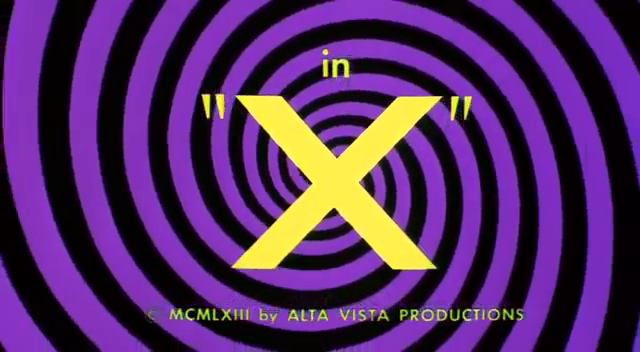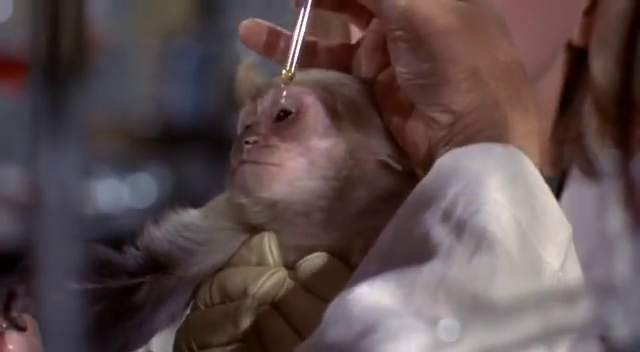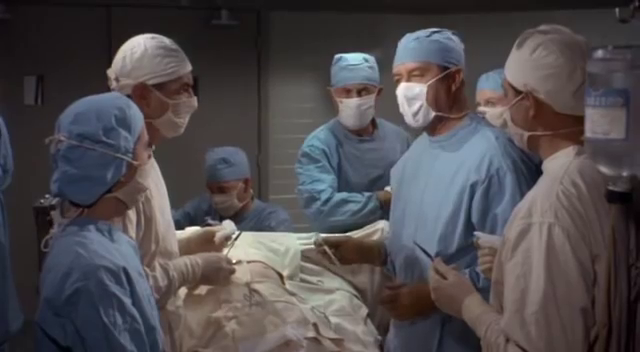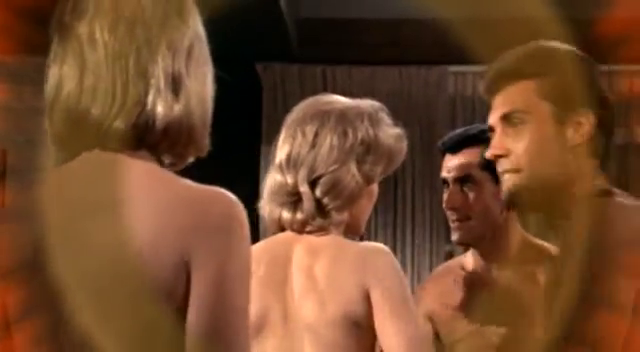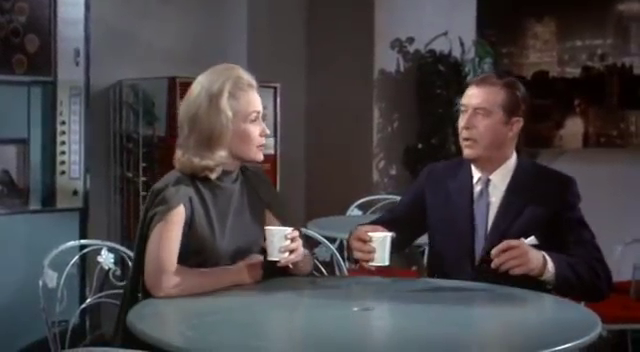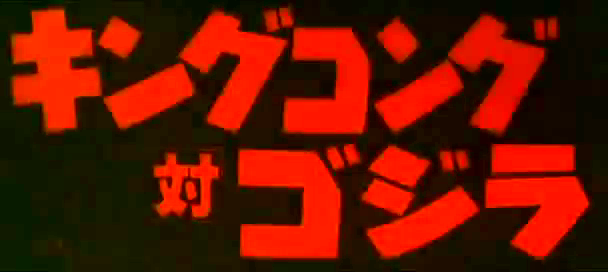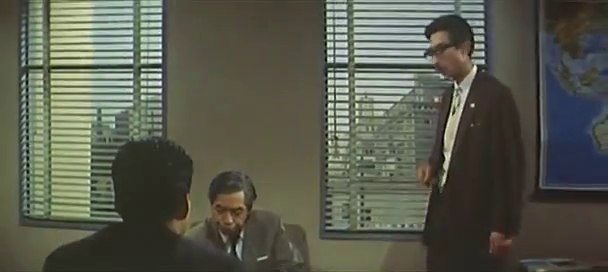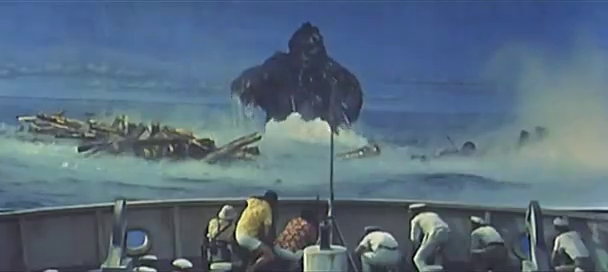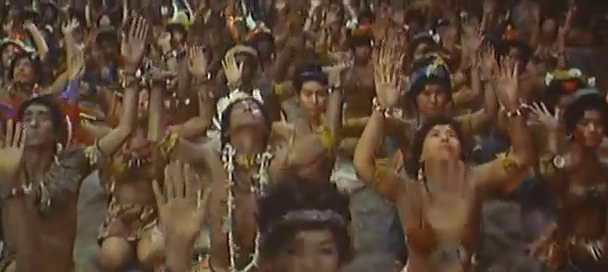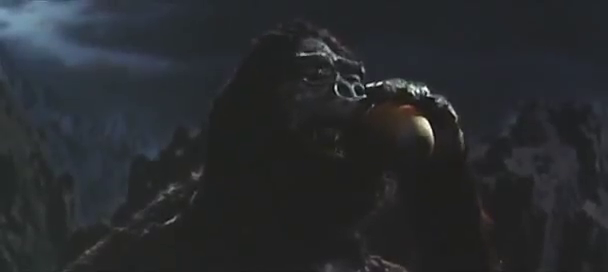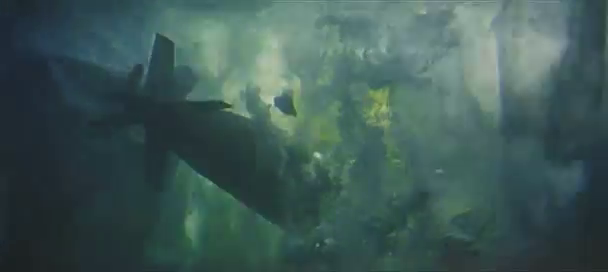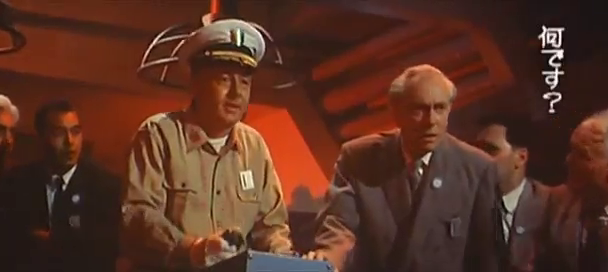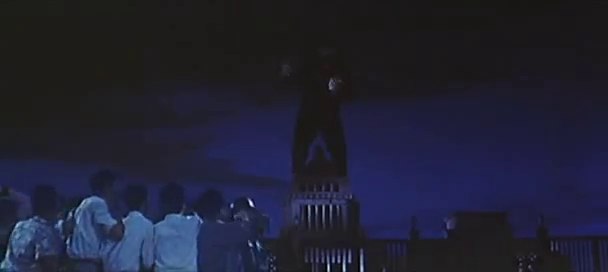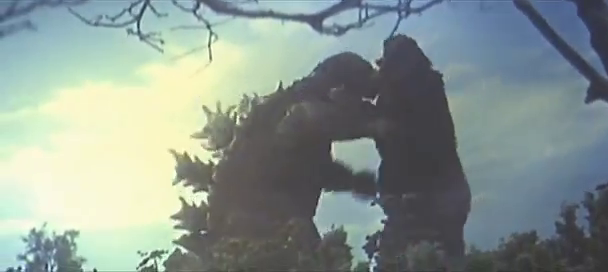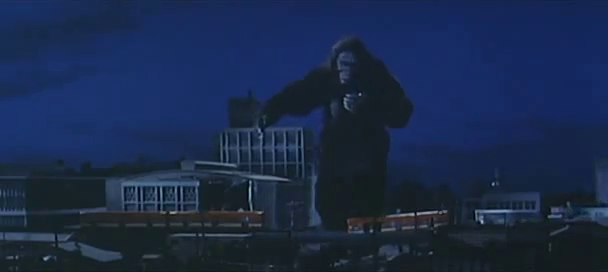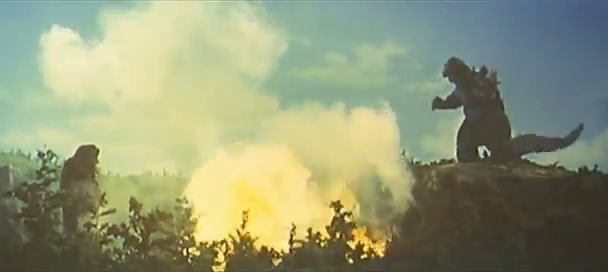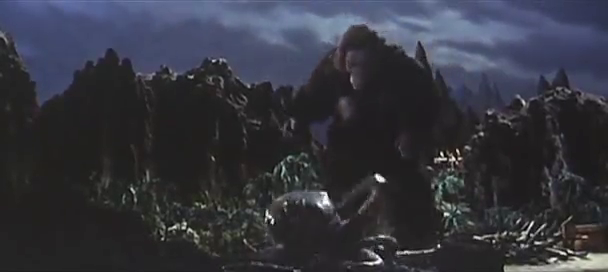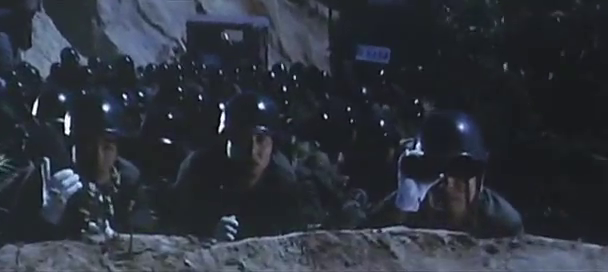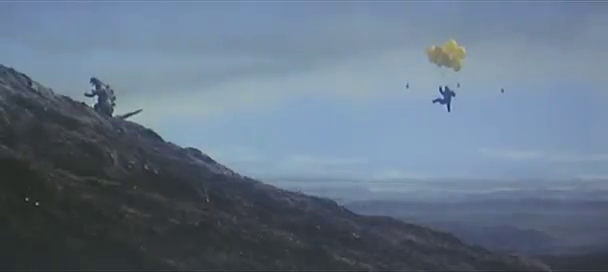Fun with Binary!

by Lorelei Marcus
I'm loving this new show called Star Trek. From innovative effects to nuanced plots to interesting characters, Star Trek has often been raising the bar for television's best from week to week. Sadly, I missed the past two episodes due to scheduling conflicts (catching up through our fanzine's weekly episode recap and review). But this week, I ensured that my sacred viewing time would not be overtaken by any babysitting jobs or midterm study sessions.
I sat down in anticipation, the dark viewing room hushed despite the several people who had joined me to watch. Excitement thrummed through me as the thrilling, other-worldly theme started to play…
And in the end, "What are Little Girls Made of?", the seventh episode of the new show Star Trek, was a complete DISASTER!
…but I liked it anyway.

If you happened to miss the broadcast, I will do my best to recount the episode's plot for you, even though it is already rapidly receding from my memory:
Opening on the bridge of the Enterprise, Captain Kirk and Nurse Chapel (Majel Barrett), whom we first saw in Naked Time, stare worriedly at a blue planet. We are informed that Dr. Roger Korby (Michael Strong), Chapel's fiancé, has been trapped on the planet for the past five years, presumed dead because the planet's surface has become too cold to sustain life (the system's sun is dying).
Shortly after this remark is made, Korby's voice comes over the radio, requesting that Captain Kirk beam down to the planet, alone, to witness an amazing discovery he's made! Who could have foreseen this?

"Can Nurse Chapel come too?" "Christine? Oh sure. She's a recurring character; that should be fine."
Kirk and Chapel are beamed down into an underground tunnel system where Korby has apparently been living. Yet Korby is nowhere to be found, so Kirk orders down two security guards and heads off with Nurse Chapel to find her fiancé.

"Hey Matthews, you think anything bad will happen to us?" "How could it? My retirement's next week!"
Before long, they run into Korby's assistant, Dr. Brown, who decides that the most effective way of introducing himself is by standing in front of a giant stadium light. This is one of the many instances of odd editing. Brown turns off his giant headlight, Chapel recognizes him (now that she can see again) and Brown offers to take Kirk and Chapel to see Dr. Korby. Oh, and Guard #1 (Matthews) mysteriously falls off a cliff in the hall and dies. Who could have foreseen this?

Dr. Brown in front of the Bat Signal.
After a brief interlude where security guard #2 dies to a hulking alien creature (that looks like it just finished washing dishes at the Addam's house), we finally get to meet the man of the hour, Dr. Korby. What proceeds is a grueling back and forth that consists of Korby rambling about how he must show and explain his discovery to Kirk, followed by continuous worried glances exchanged between Kirk and Nurse Chapel.
So what is Korby's amazing discovery that the whole episode has been building up to?
Completely lifelike androids!

Meet Andrea, one of Korby's androids, whose purpose is a complete mystery and not at all obvious.

For someone who has an important point he wants to explain, he sure takes a long time getting to it.
It turns out Korby's assistant has been an android all this time. (Maybe he was standing in front of the headlight to recharge?) In a sudden scuffle with Kirk, he is shot by a phaser, exposing his circuits.
Korby doesn't seem too perturbed at the loss of his assistant, though. He has Ruk instead (played by Ted Cassidy). Ruk is an even more advanced android built by the old aliens who left the android-making machinery Korby's been studying and using for the past five years. And not just to make sexy secretaries. He can even entirely replicate a human being! And he's going to show Captain Kirk how it's done.
Cut to Shatner lying completely naked strapped to a turntable.

"Good thing I wore my tear-off uniform today. It made this transition much faster!"
If my summarization seems a bit disjointed or abrupt, it's because this is an absolutely faithful rendition of the pacing of the episode. Anyway, Korby's experiment succeeds, creating an exact copy of Kirk, one that obeys Korby's orders. Copy-Kirk beams up to the Enterprise to take control of the ship.
At this, you may gape. What? The kind, not-suspicious-at-all Korby had ill intentions all along?
The plot runs deeper. Korby explains to Kirk that he has the technology not just to copy a person, but to transfer their soul into an immortal mechanized shell. A shell that can be programmed and controlled to perfection, Kirk points out, refusing to help Korby with his plan. Korby's plans rapidly fizzle out anyway. When Kirk's mind was being transferred into copy-Kirk, he'd recited to himself a message he would never say: "Mind your own business, Mr. Spock — I'm tired of your half-breed interference, do you hear?" It is delivered at the first encounter between copy-captain and First Officer.
Spock, a veteran of dealing with duplicate captains at this point, gets the message loud and clear and beams down to the planet's surface…with armed escort.

Ah, there's an evil duplicate of the captain on the ship? It must be Tuesday."
Finally, we hit the climax. After seemingly failing to win Andrea as an ally with a kiss, Kirk convinces Ruk to disobey his programming and attack Korby. The doctor, without a second thought, zaps his thousand year old android with a phaser, poofing him from existence. Then Andrea zaps copy-Kirk because he won't kiss her like real-Kirk did, and he disappears. Then Kirk tries to wrestle the phaser from Korby and accidentally shoots Dr. Korby's hand, revealing him to be…an android all along! Who could have foreseen this??!
Andrea walks in and kisses Korby. The doctor, horrified that he has become more machine than man, and that Andrea has become more woman than machine, zaps both of them from existence.
The end.
Well, that was an experience. The editing, pacing, and writing for the episode were a complete mess. Still, there were elements that I absolutely loved. The costuming and sets were gorgeous. An expert combination of clever camera angles, colorful pink and purple lighting, and creatively designed walls really made you feel that the characters were in an otherworldly cave.

Everyone on the planet's surface shared an interesting motif in their clothes, and Andrea's outfit was so daring, I wouldn't be surprised if they needed a censor on set while filming! Still, my favorite costume was Ted Cassidy's — between his ominous makeup and his puffy sleeves and high collar, he really felt like something alien.

I also appreciated the acting, even if the actors didn't have much to work with. All of the android characters had a slightly flat affect to their deliveries that made them seem not quite human. Cassidy, as always, did a fantastic job. Shatner was weaker without any of his crew members to play off of, but he still did well differentiating between real Kirk and android Kirk.
Finally, the special effects were topnotch as always. We got the transporter effect and a few phaser beams, which never fail to amaze me, but we also got some incredibly effective split screens which actually made me forget the two Kirks were played by the same person!
So overall, I would say that this episode wasn't just bad, but hardly really felt like an episode at all. The premise and logic were completely internally inconsistent, and the main plot points don't hang together at all. However, I still enjoyed the show, because though the parts refused to fit together properly, they still had a lot of value on their own.
Three stars.
Wasted Potential

by Janice L. Newman
This episode was all over the place in terms of pacing. First, the mad scientist teases Kirk (and the audience) with some grand revelation, then the episode cuts directly to Kirk spinning naked on a giant turntable. Kirk’s message to Spock is cleverly done (and one of the best parts of the episode), but in the end, it makes no difference: Kirk convinces the androids with ‘logic’ and they mostly destroy each other after that point before Spock and his team can even arrive.
It’s a shame, because robot stories have a lot of potential. Between Asimov’s Robot stories, the recent deconstruction of same in Lester Del Rey’s A Code For Sam, and the use of robots in one of the current Space Patrol Orion episodes, metal men are a hot topic right now. Some of the nuanced takes from the early Star Trek episodes would have been interesting and welcome. For example, are the androids capable of independent thought and emotion? What are the moral implications of killing the androids, especially Ruk, who has been on the planet for centuries and is the last representative of a dead race? The androids’ plan to replace humans was obviously not desirable, but could the technology have been repurposed and used to better humankind?

Unfortunately, we didn’t get any thoughtful questions like these. Instead, we got a story in a traditional pulp mold with a newish villain: no bug-eyed aliens, but instead sinister machine-men. I can’t help but hope that the writers go back to storytelling that focuses on the gray areas instead of slam-bang black and white.
Two and a half stars.
Same ol', same ol'

by Gideon Marcus
I think my biggest problem with this episode is that we've seen so much of it before. Eccentric scientist on a remote planet shacked up with an alien being who doesn't want to be found? Check. Two Kirks? Check. A bleak, frigid planet festooned with styrofoam rocks? Check. Even the score seemed largely recycled from previous episodes. Added to that, the clunky pacing and the shallow treatment of potentially thought-provoking topics really dragged this episode into the lower tiers. It's not offensive, it's just not very good.
Kudos where they are deserved: lovely costume design (though I kept expecting Hoss Allen to come out and host The Beat!!! what with the blue and green motif.

The split-screen effects were particularly good, especially with the slanted table. Patty Duke could learn a thing or two (oh wait — she's been canceled).

Ted Cassidy was quite effective as Ruk, easily the most interesting part of the episode. Though I did keep expecting him to give his signature, "You raaang?" when he appeared. And I appreciated how quickly Spock deduced an imposter was on board. Coming on the heels of "The Enemy Within", there really would be no excuse otherwise.
So, better than "Mudd's Women", which I would have rated two stars. Let's call it two and a half, on par with "Where No Man Has Gone Before".
Distinguishing Features

by Erica Frank
In this episode, we see alien fashion disasters, two crewmember deaths, and a return of Shirtless Kirk. (Hurray!) We also get android love (or at least android emotions; it's all very confusing) and the continuation of the " barren landscape; underground dwelling with lumpy stone walls" motif for alien planets.

Let's make sure we cover the important parts of the episode.
My observations from this episode: Nurse Chapel seems like an open-minded, free-love kind of woman. Just a few episodes ago, she was declaring her deep and sincere love for Mr. Spock, and now we discover she's been engaged — and searching for her fiancé — this whole time! If Spock had been part of the landing party, she might've had some very interesting conversations with the both of them.
We did, however, get double shirtless Kirk. Double naked Kirk, in fact, when Doctor Korby throws him into the Carbon-Copy-o-Matic android machine and makes a copy of him, right down to his thoughts and memories.

Which one is the android? Spock will need to know; I'm not sure I care.
Other people have spoken about the plot, the characters, the pacing… which leaves me to mention the lighting, which was excellent, and the fashion choices, of which I have already provided the best in the show.
The lighting and scene direction was clear, showed faces well without obscuring the underground facilities, and made it very easy to follow what was happening. This is a nice change from episodes where it's either pulled back so far that you can't tell where the action is, or focused on two heads that might be anywhere, or dim and shadowed so you can't tell what's going on. The cinematography was excellent in this episode.
The costuming, though… Now I know why the crew members' uniforms change all the time. (Uhura's in red this week.) Obviously, the Terran government is trying to avoid whatever pitfalls destroyed the long-extinct alien races, and while they can't be certain that the aliens' taste in fashion was part of their destruction, they are taking no chances.

This, THIS, is supposed to be a representative of a race that conquered the very building blocks of matter and thought? They could create a whole society of whatever skills, talents, and physical abilities they needed, and this is how they chose to dress them?
Ruk's outfit isn't the only problematic one on the planet. Andrea-the-android was presumably clad to appeal to Dr. Korby. She wears a blue-and-black dress (if that's the word) that barely covers enough body parts to be legal to show on television. Really, this should've been the Enterprise crew's first clue that something was very wrong: unless they were sweltering in their uniforms, she should've been uncomfortable with that much skin showing.

Since it turned out the Korby we met was an android who cannot feel love or baser human urges, this must've been a remnant of the original Korby's interests.
Once we're all done reeling from the… interesting… clothing, we get to deal with the rest of the plot: they're all androids; Korby's gone mad and wants to take over the universe with more androids; Andrea's developing an unseemly level of emotions; Ruk is chasing Kirk through the caverns with intent to kill him, as he did with the two unsuspecting red-shirted crewmembers at the beginning of the episode.

Kirk hids from Ruk while holding a makeshift, err, weapon he's found in the caverns.
In the end, Kirk charms Andrea into turning on her associates; the power of Kirk Kisses is apparently stronger than android programming. Spock, of course, quickly identifies Robot Kirk and incapacitates him. By the end of the episode, all the androids are gone, and for reasons unknown, the Enterprise leaves with no mention of either acquiring or deliberately avoiding the amazing copy-android technology.
I would expect them to report the discovery to Earth to be studied by people less prone to become megalomaniacs. Even if the process cannot create a "soul," I would expect many people in similar circumstances to Korby — near death, badly injured or disabled — to have an interest in technology that could give extended life to their thoughts and memories. If nothing else, it would allow people to record their memoirs, complete their research projects, give messages to loved ones, and so on. I was surprised Kirk abandoned the machinery; I can imagine many good uses for such a device, and I expect that's exactly the kind of thing his "five-year mission" is intended to discover. Perhaps it was reported, and another crew, more scientifically oriented than set on exploration, will return to the planet to find out if it can be used without succumbing to the temptation to take over planets.
I agree with the comments above that say the episode was scattered. The action scenes were well-done, but the overall story and pacing jumped around too much. However, it was visually stunning, didn't involve evil mind-control, and brought up some interesting questions about the nature of humanity and the mind. Four stars: Three for the plot, characters, and direction, plus half a star for each naked Kirk.

(Join us tomorrow at 8:30 PM (Pacific AND Eastern — two showings) for the next exciting episode of Star Trek!)

![[October 26, 1966] <i>Star Trek</i>: "What are Little Girls Made of?")](https://galacticjourney.org/wp-content/uploads/2021/10/661026a-672x372.jpg)

![[November 14, 1965] A Teenage Dream (<i>The Mating Game</i>)](https://galacticjourney.org/wp-content/uploads/2020/11/651114n-672x372.jpg)














![[September 18, 1965] Disastrous! (<i>The Day the Earth Stood Still</i> and <i>When Worlds Collide</i>)](https://galacticjourney.org/wp-content/uploads/2020/09/650918s15-672x372.jpg)







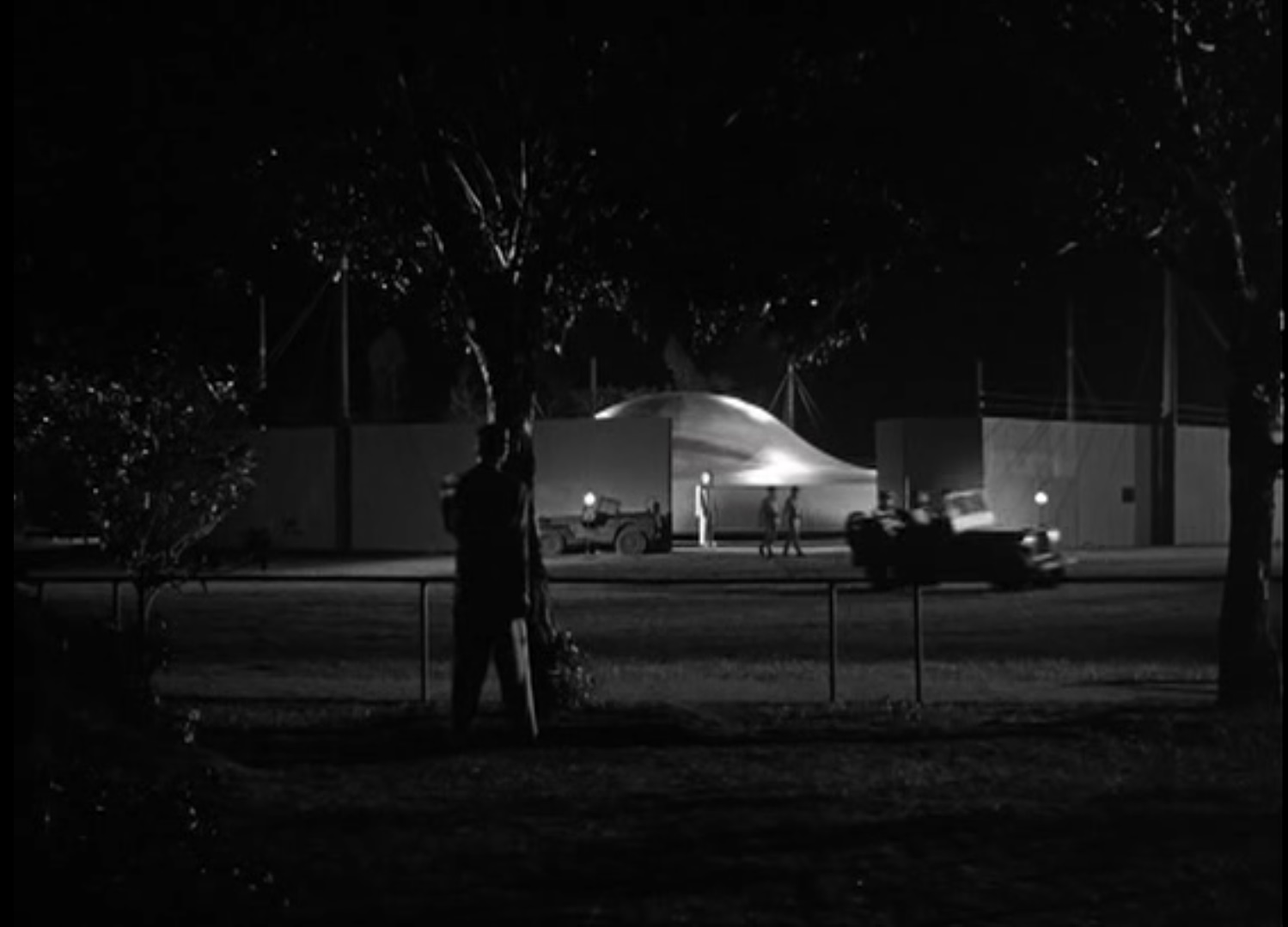




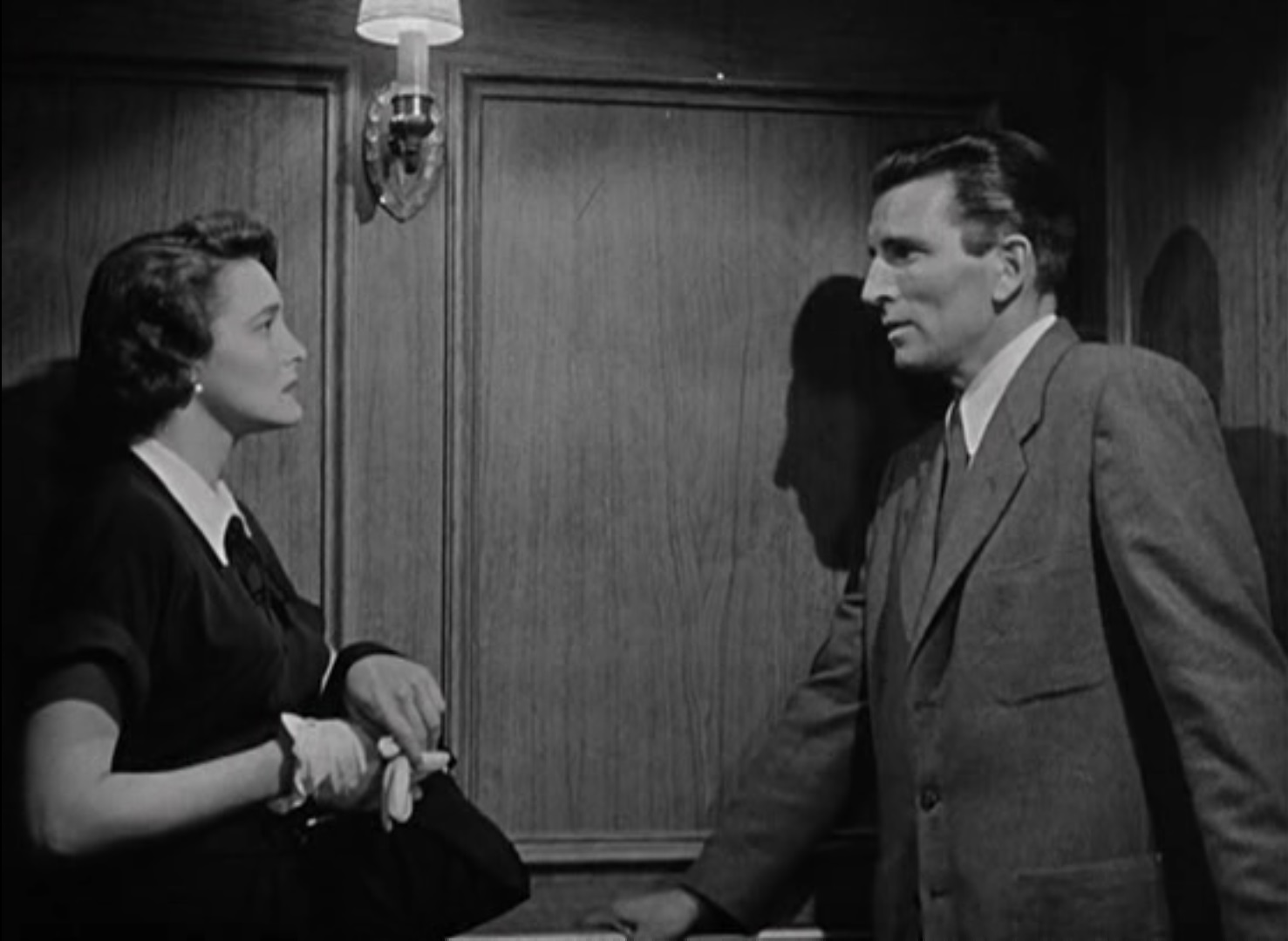





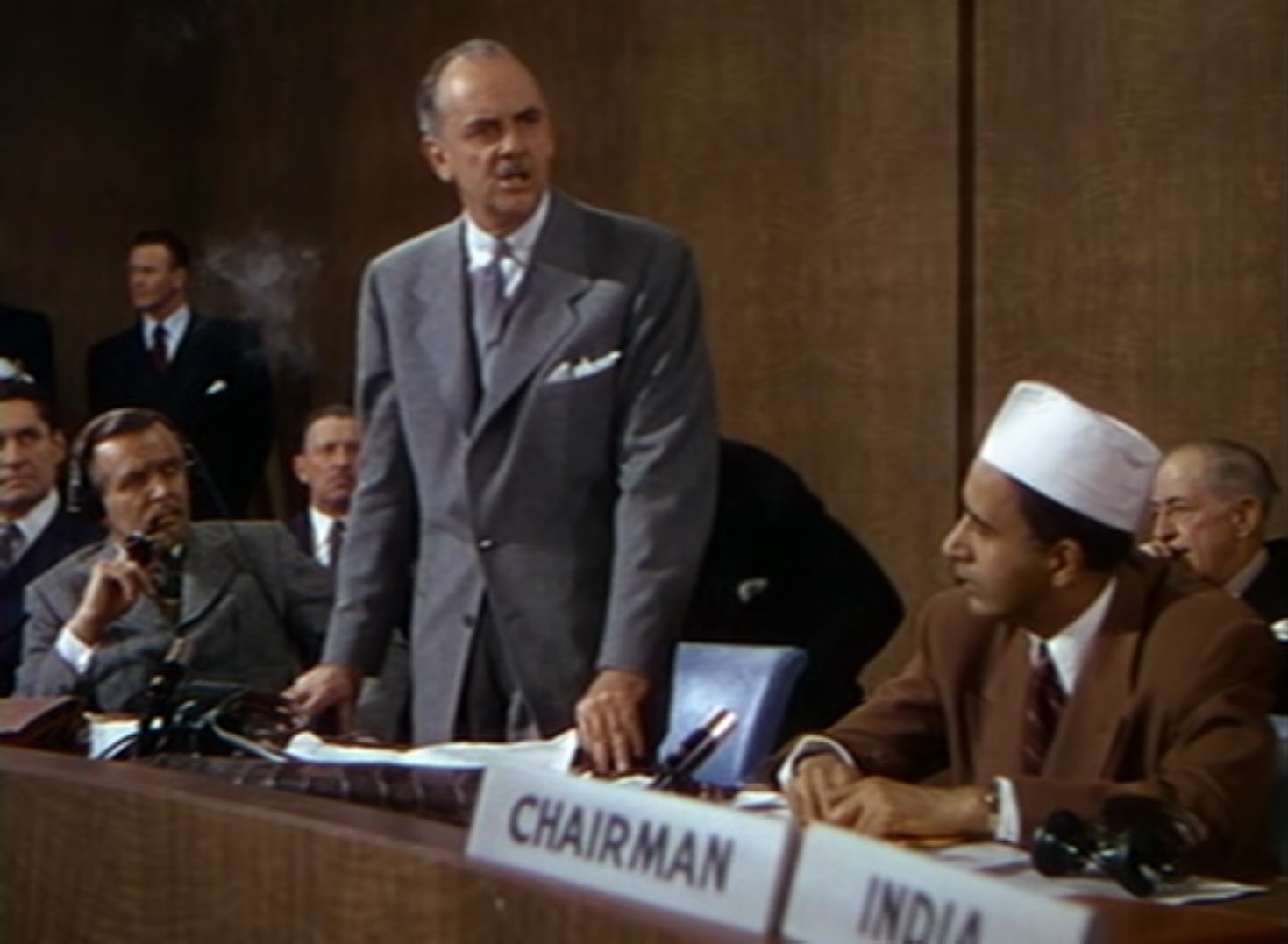






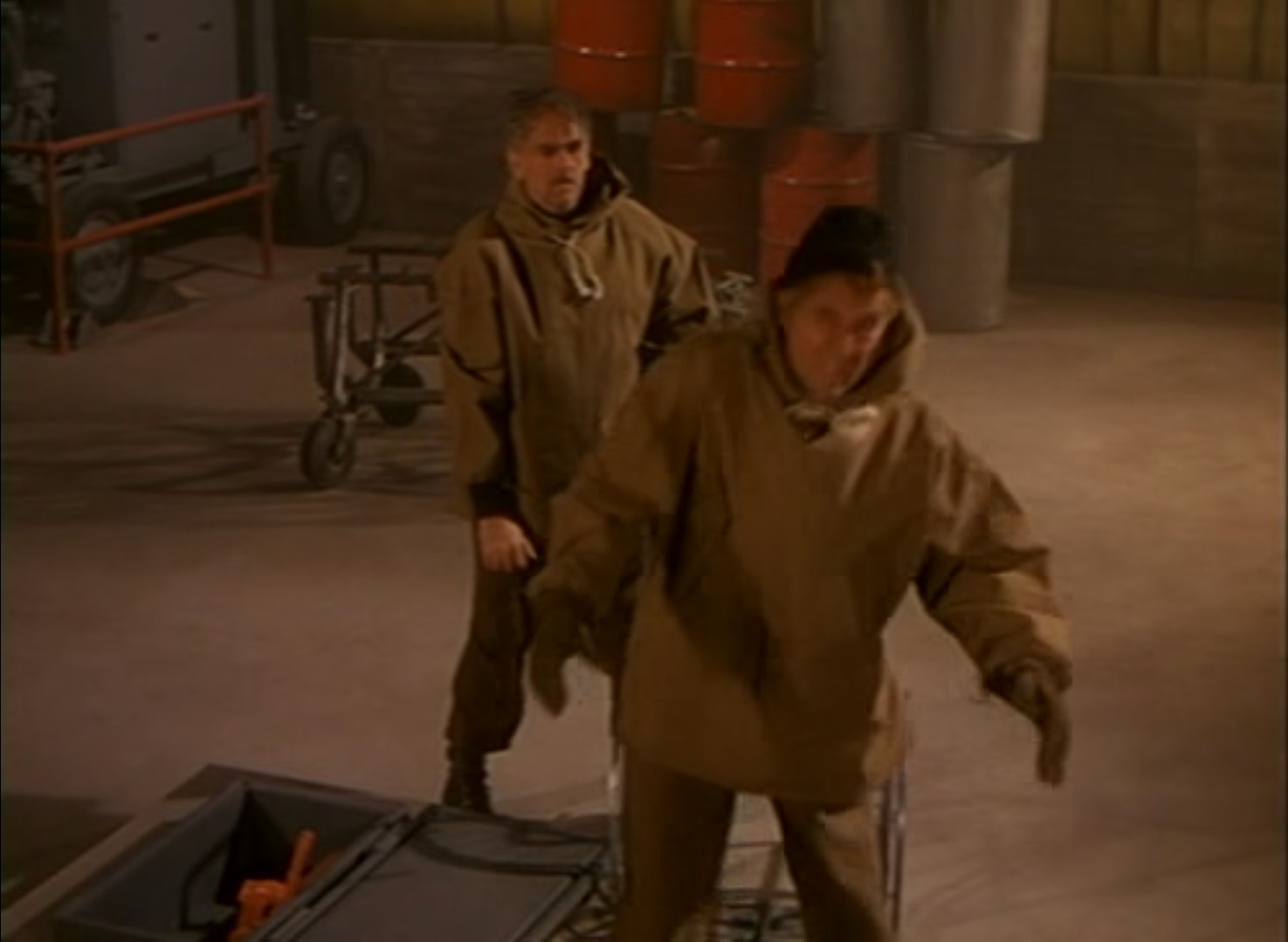




![[July 10, 1965] "Since I fell for you" (a Young Traveler's crush)](https://galacticjourney.org/wp-content/uploads/2020/07/650710randall-480x372.jpg)









![[June 14, 1965] Our Best Man (the Young Traveler's favorite secret agent)](https://galacticjourney.org/wp-content/uploads/2020/06/650614title2-672x372.jpg)



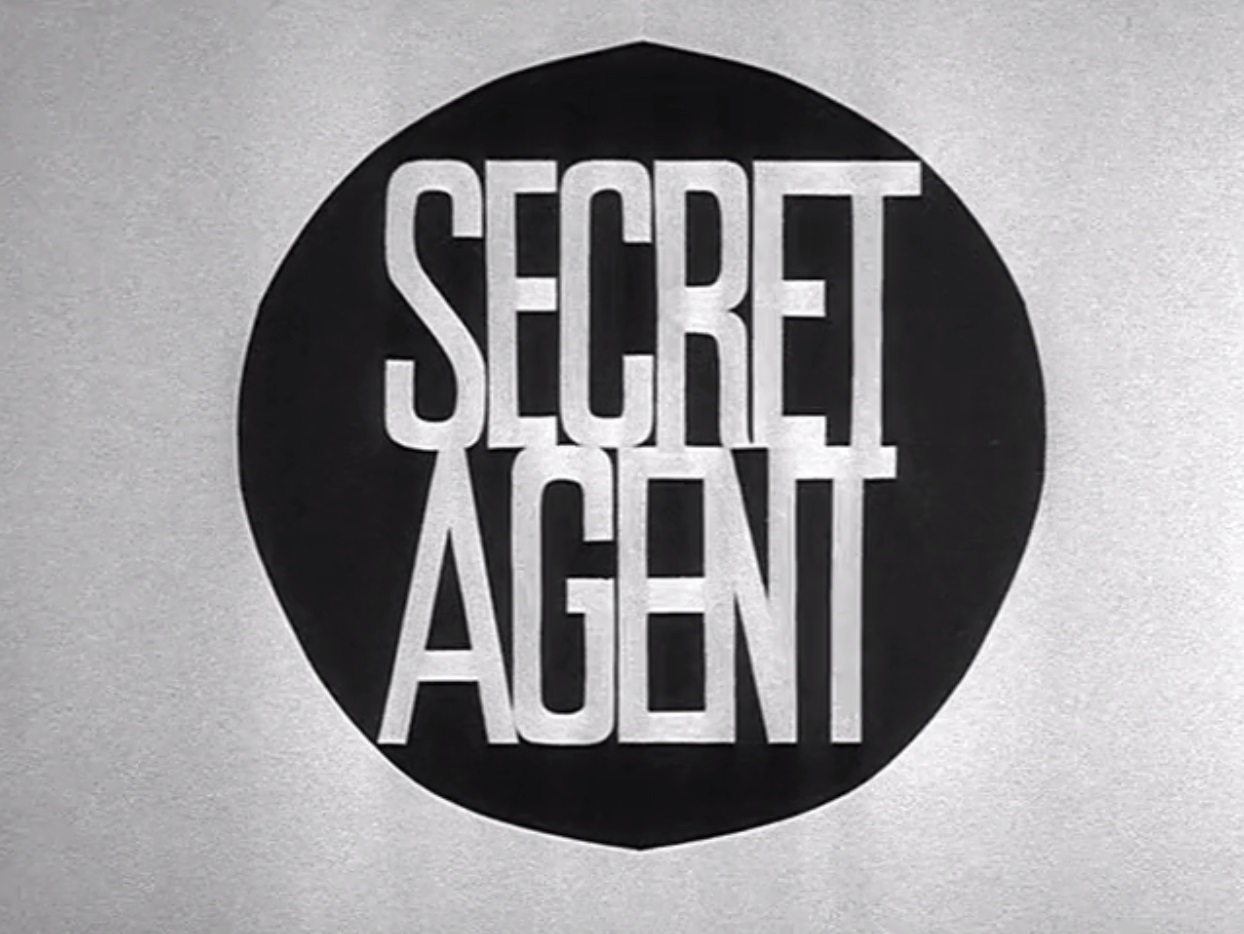
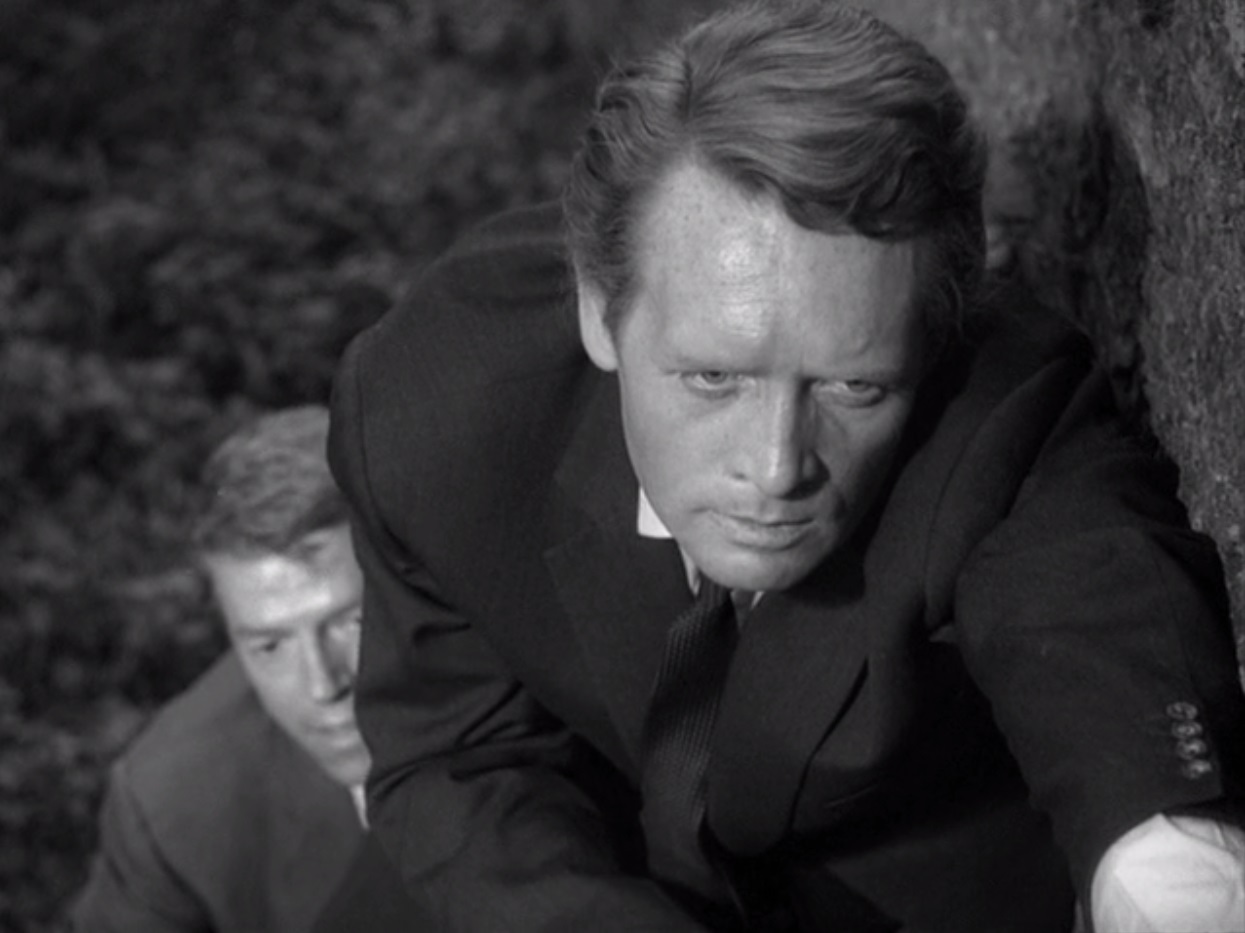


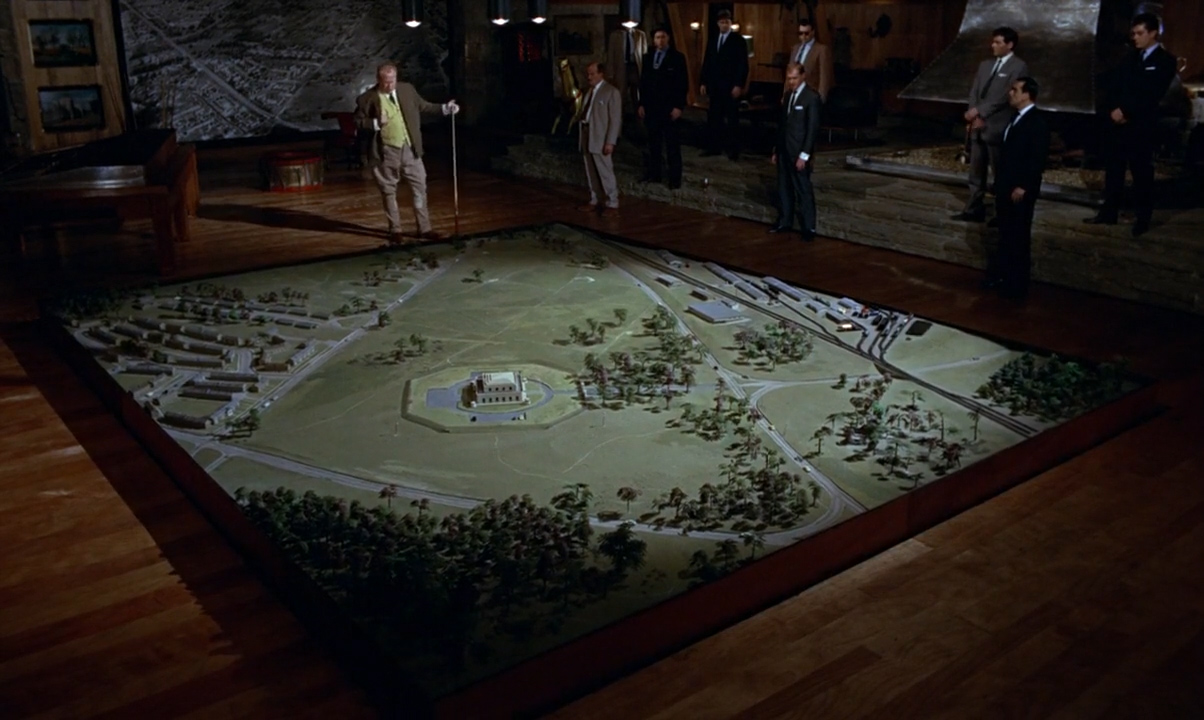



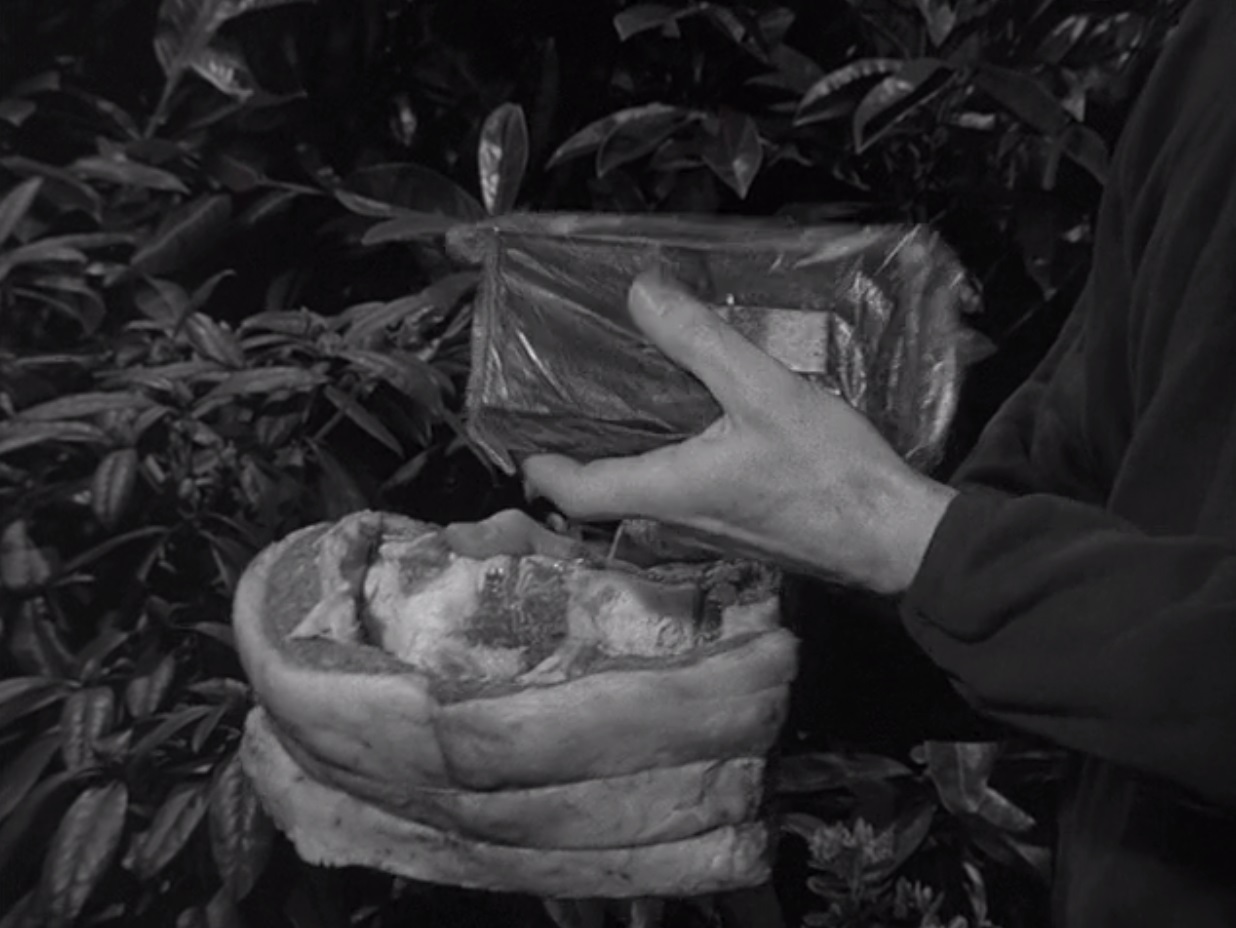
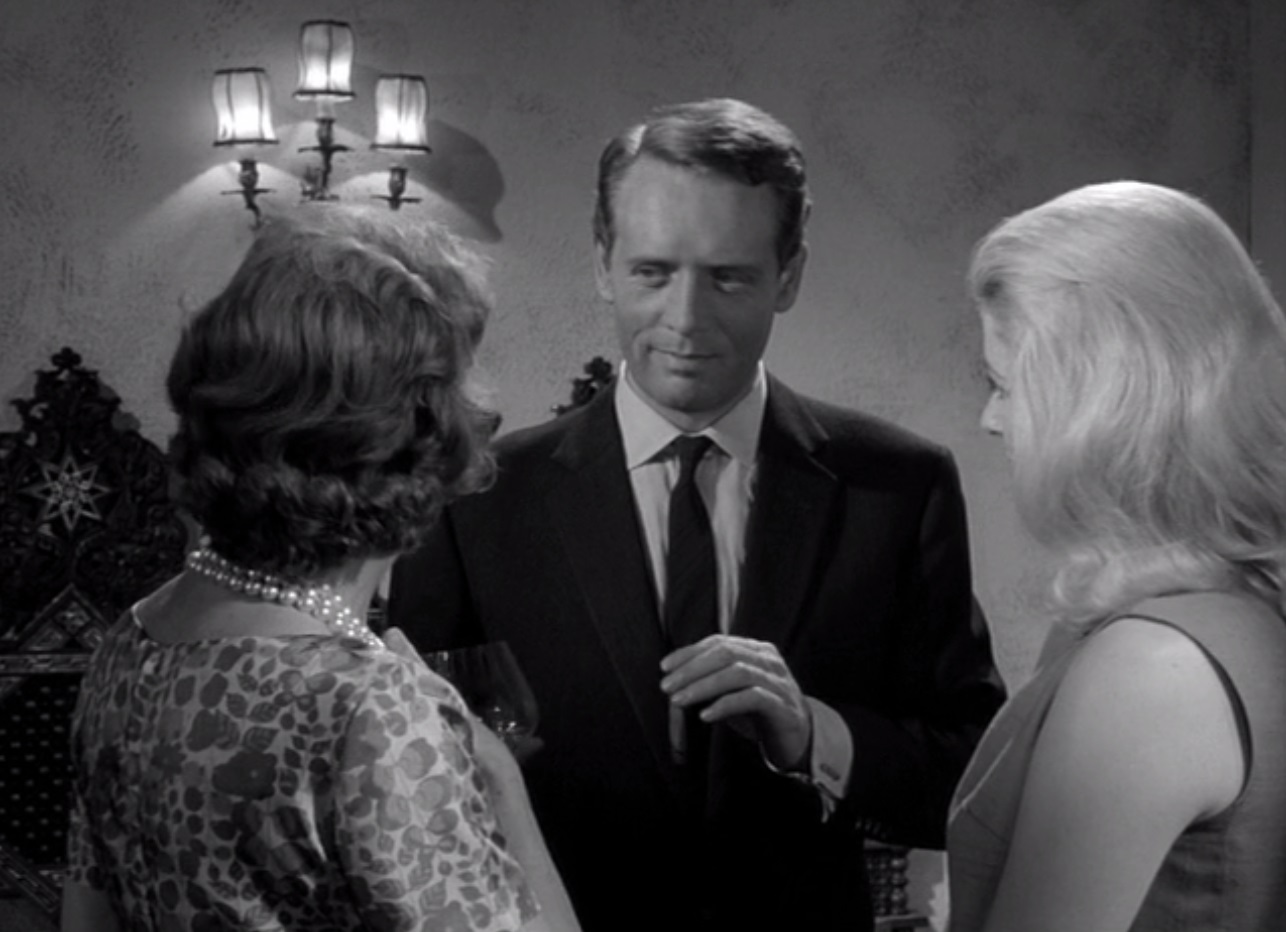
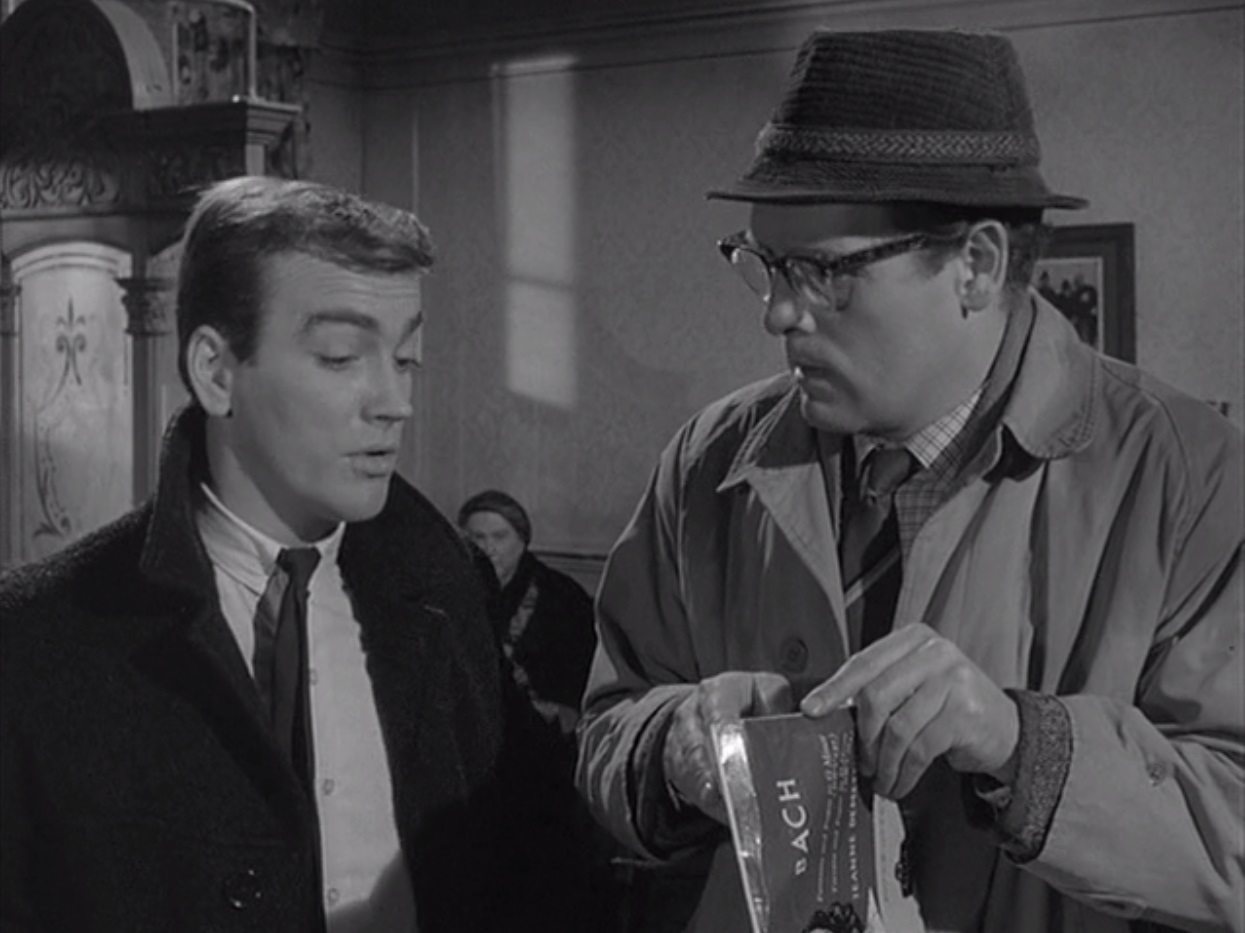
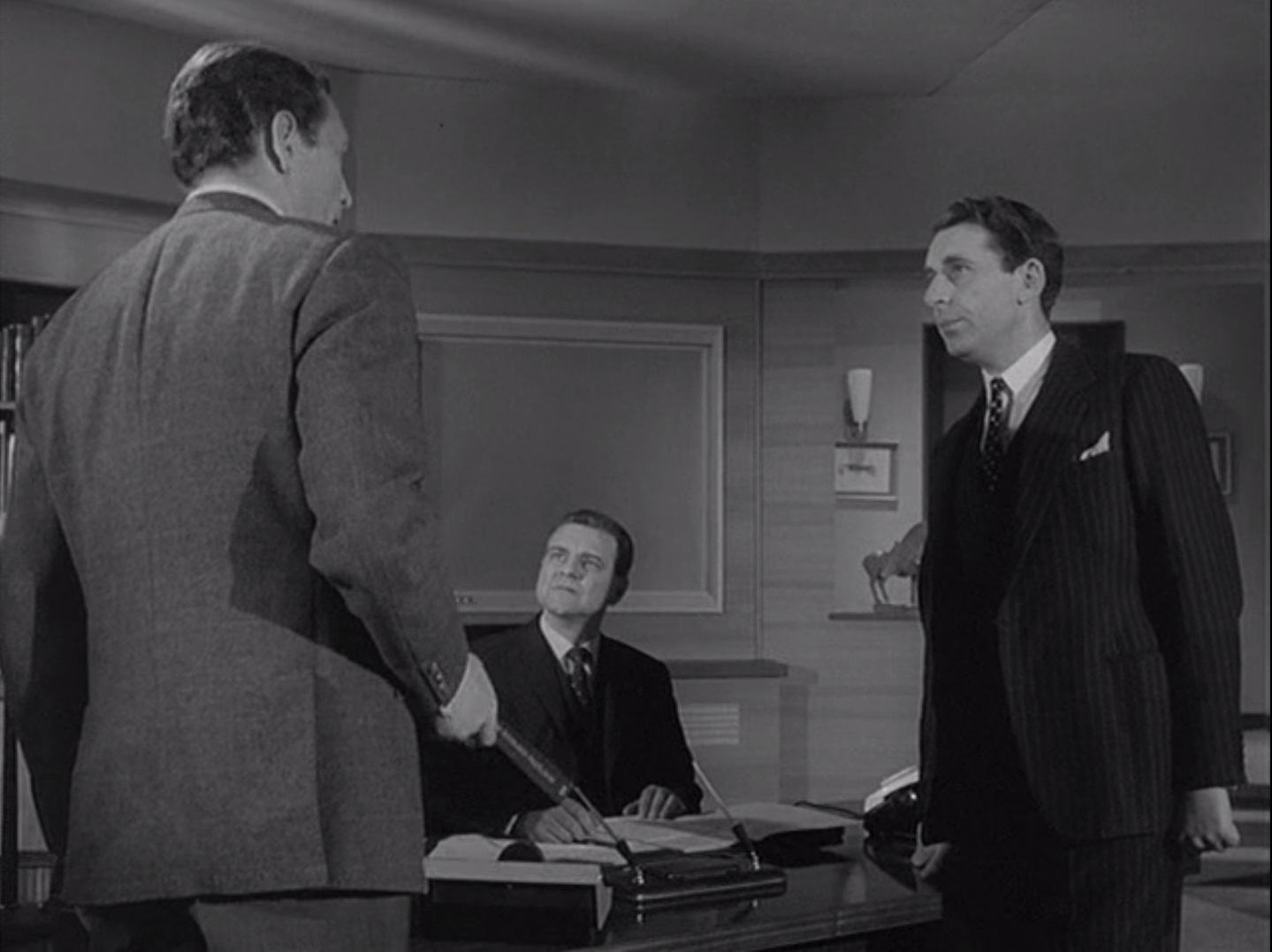
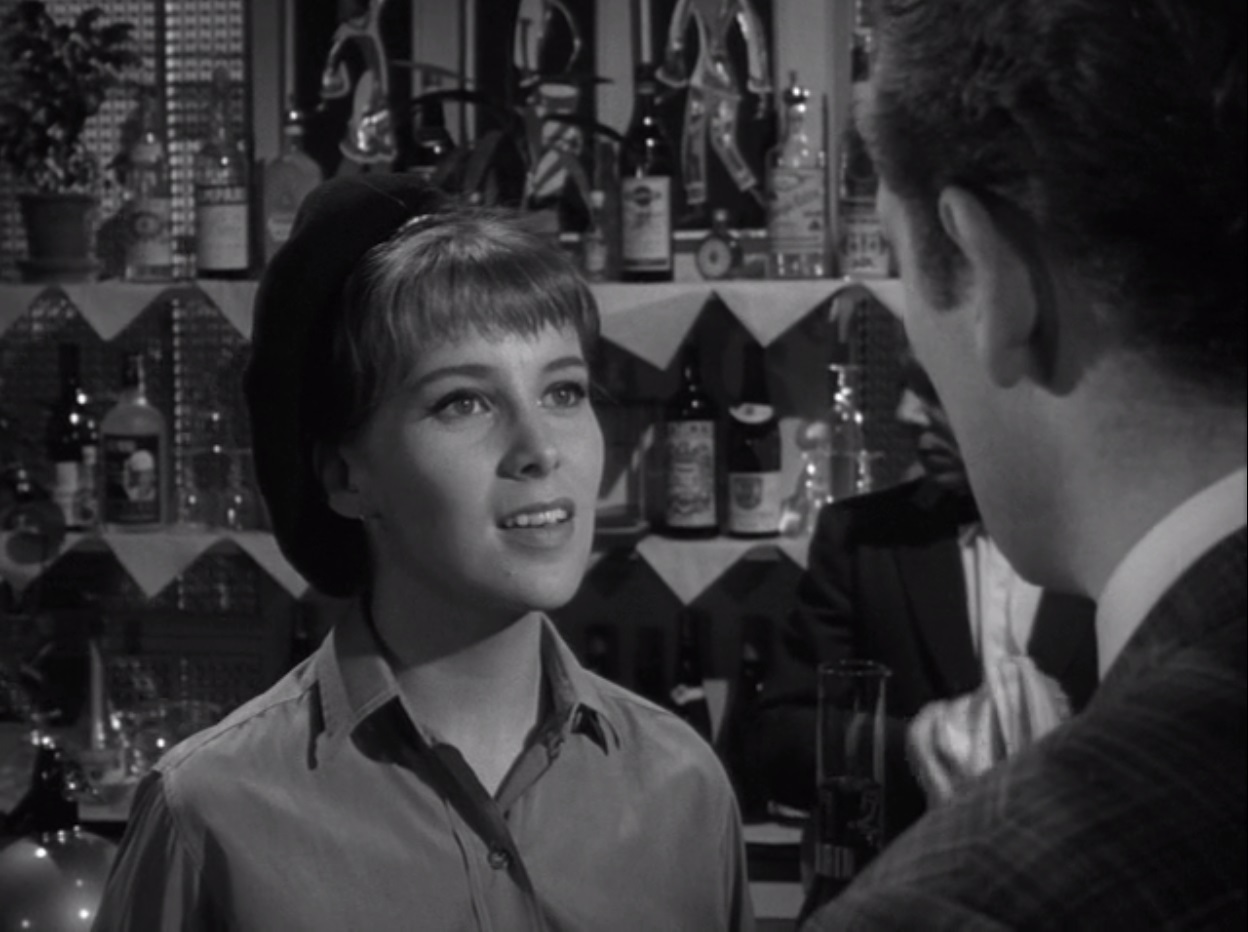
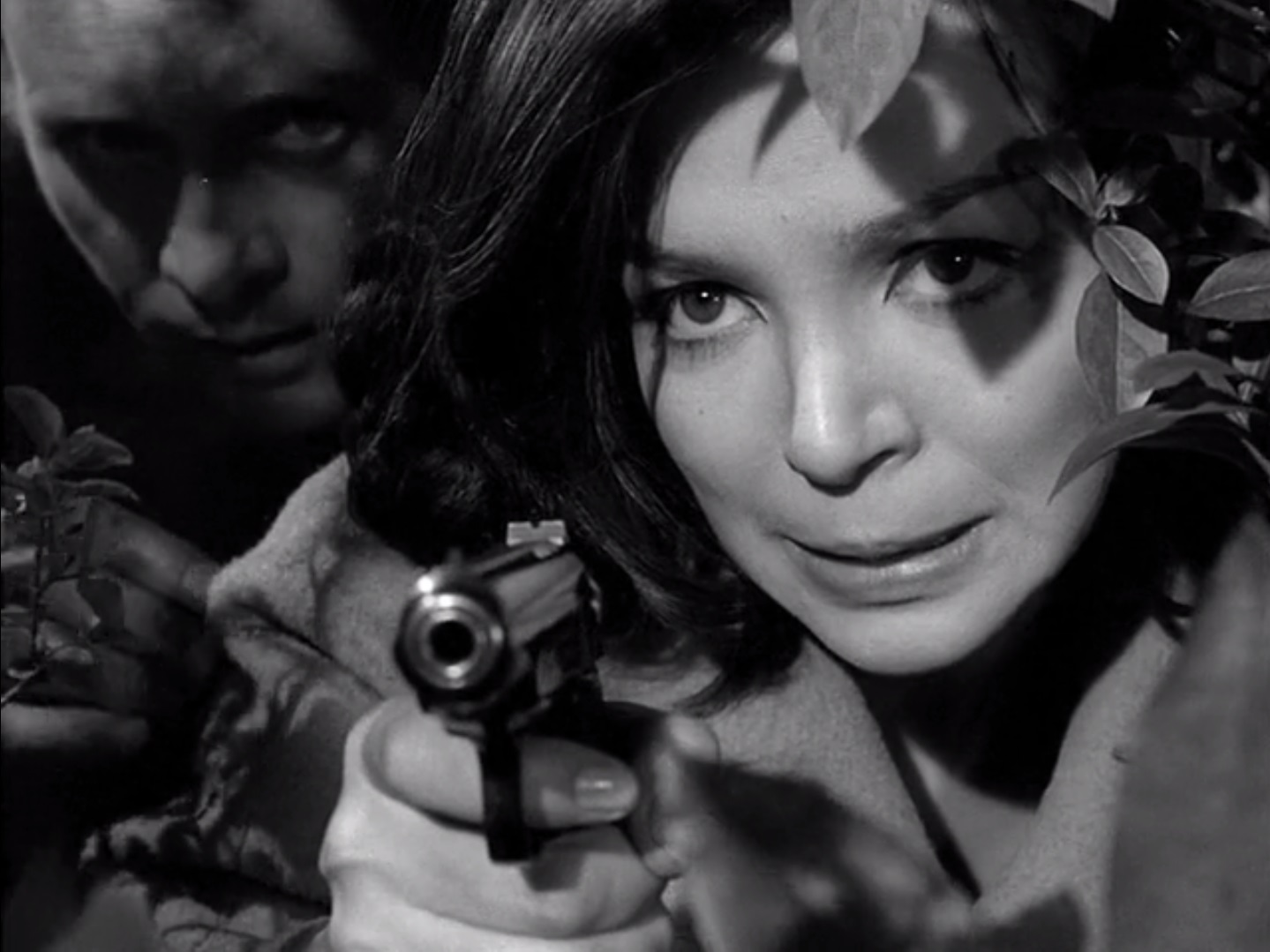
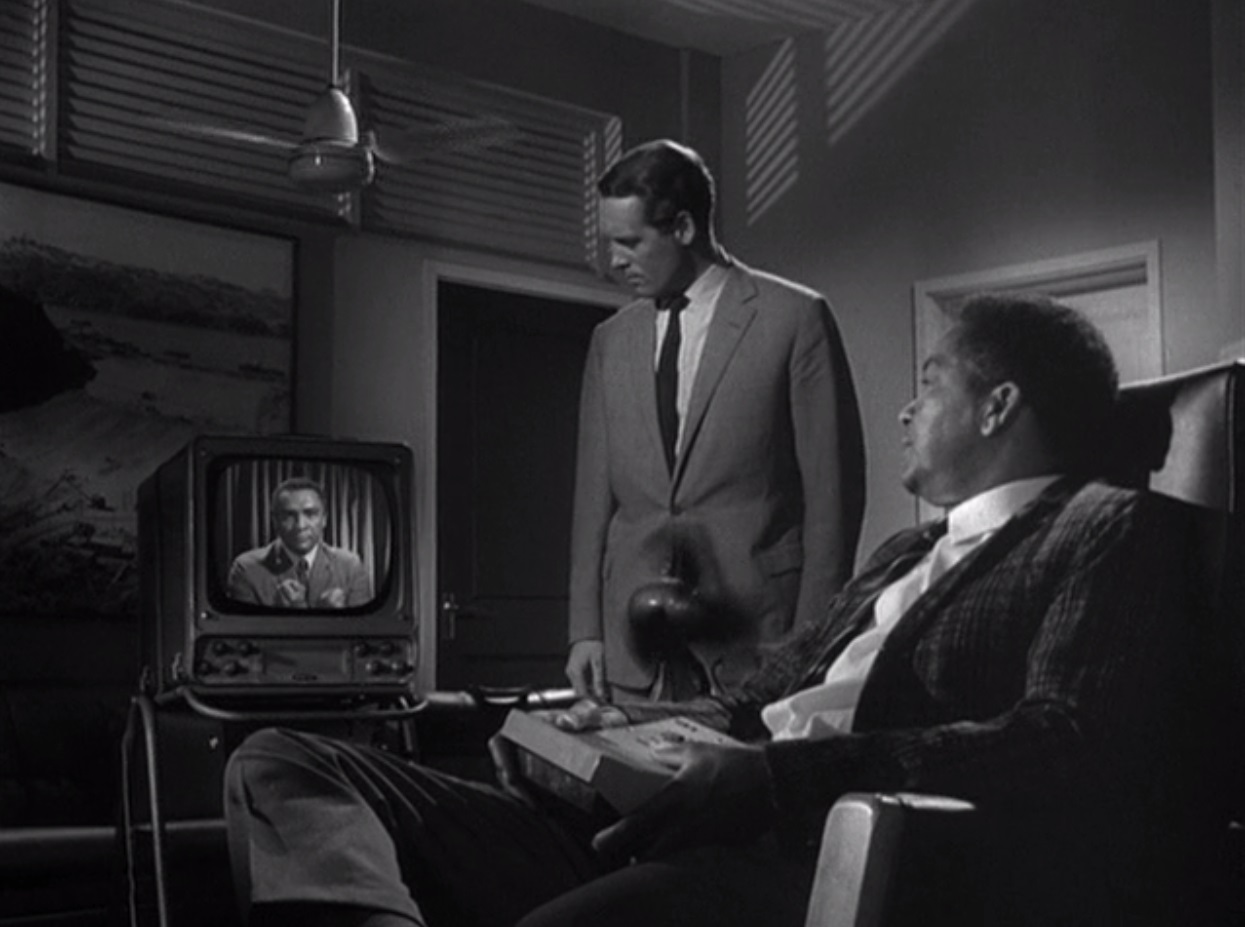

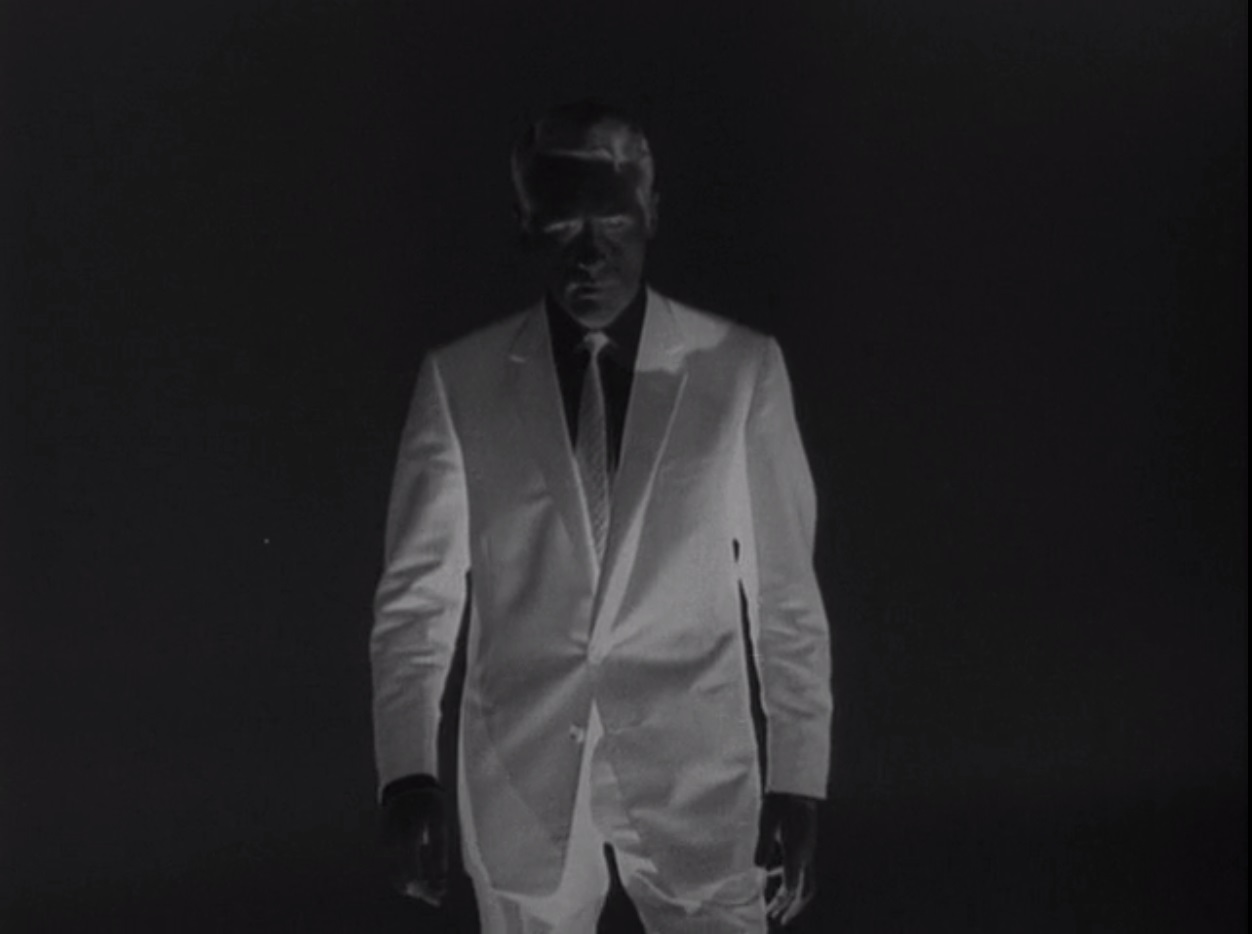
![[Aug. 7, 1964] Rematch! (<i>Mothra vs. Godzilla</i>)](https://galacticjourney.org/wp-content/uploads/2019/08/640807poster-597x372.png)
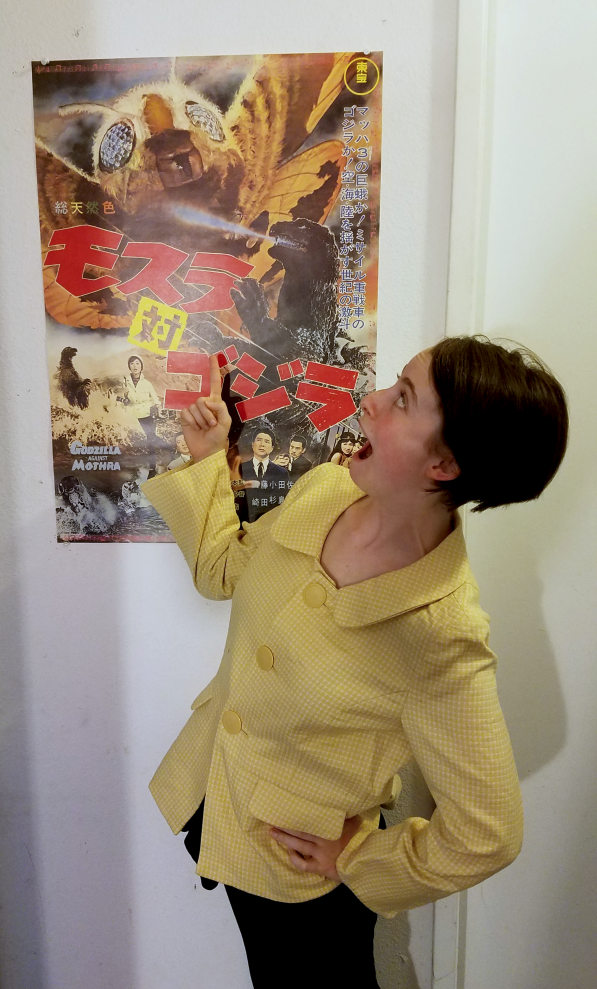
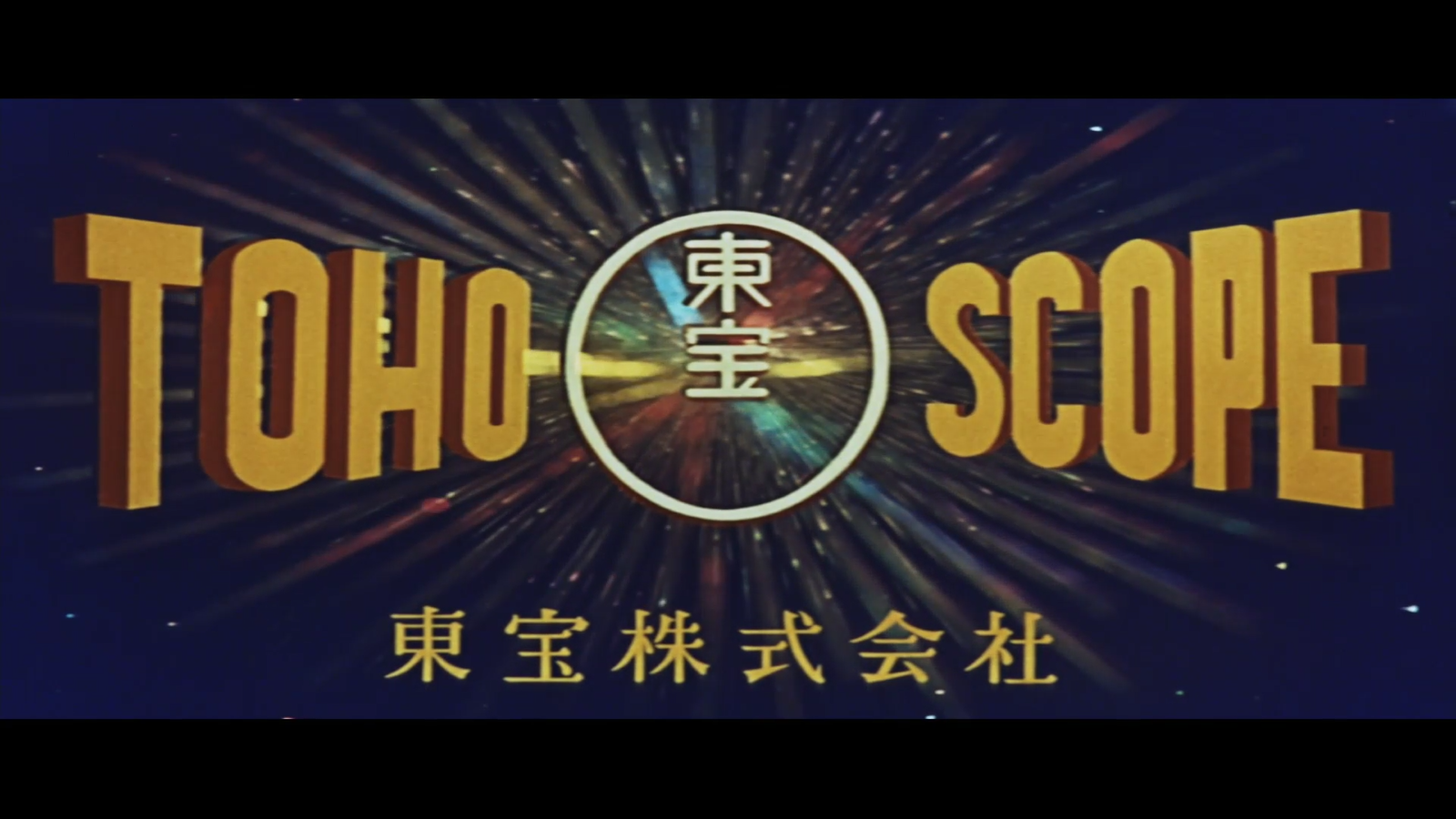
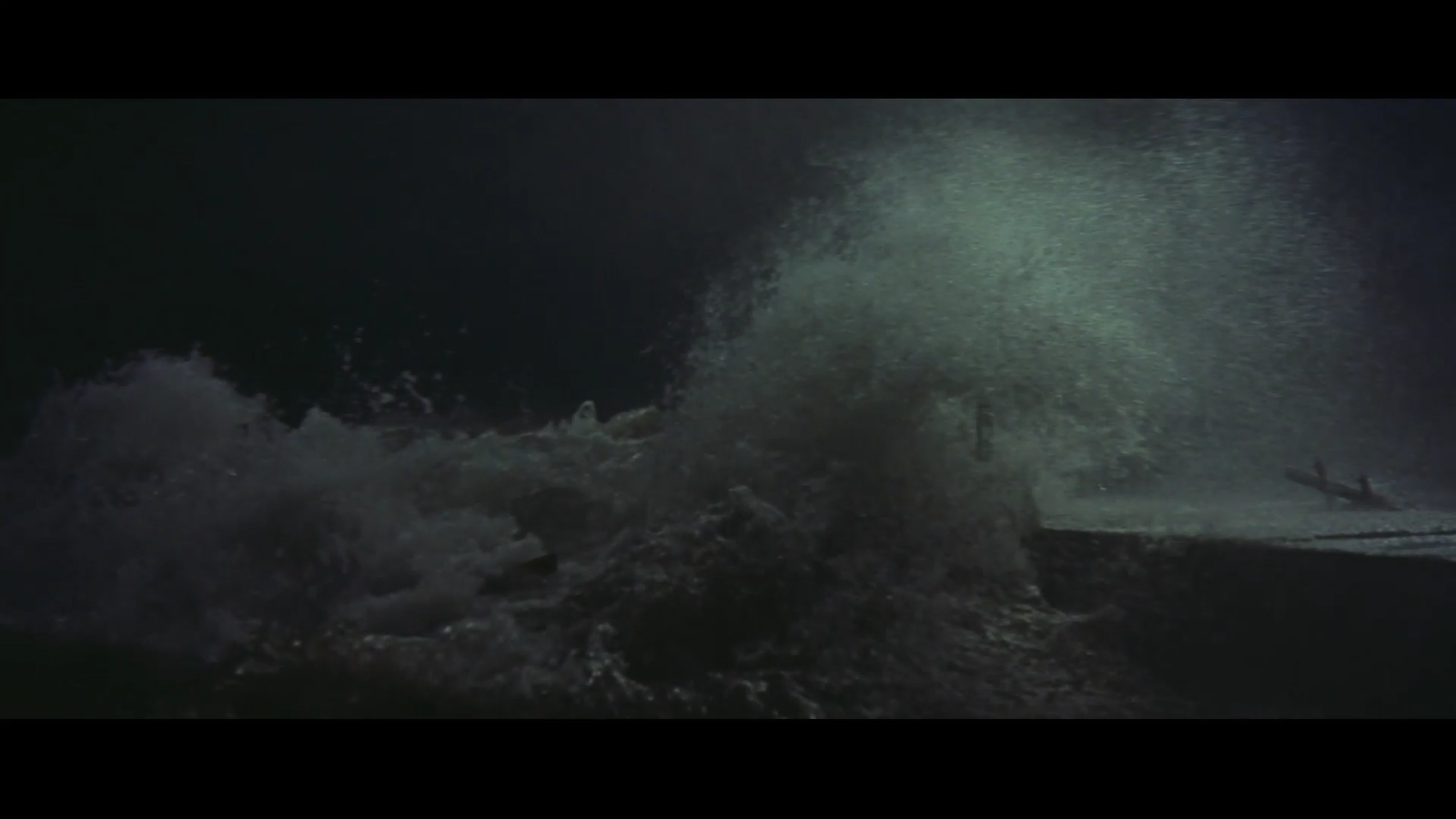
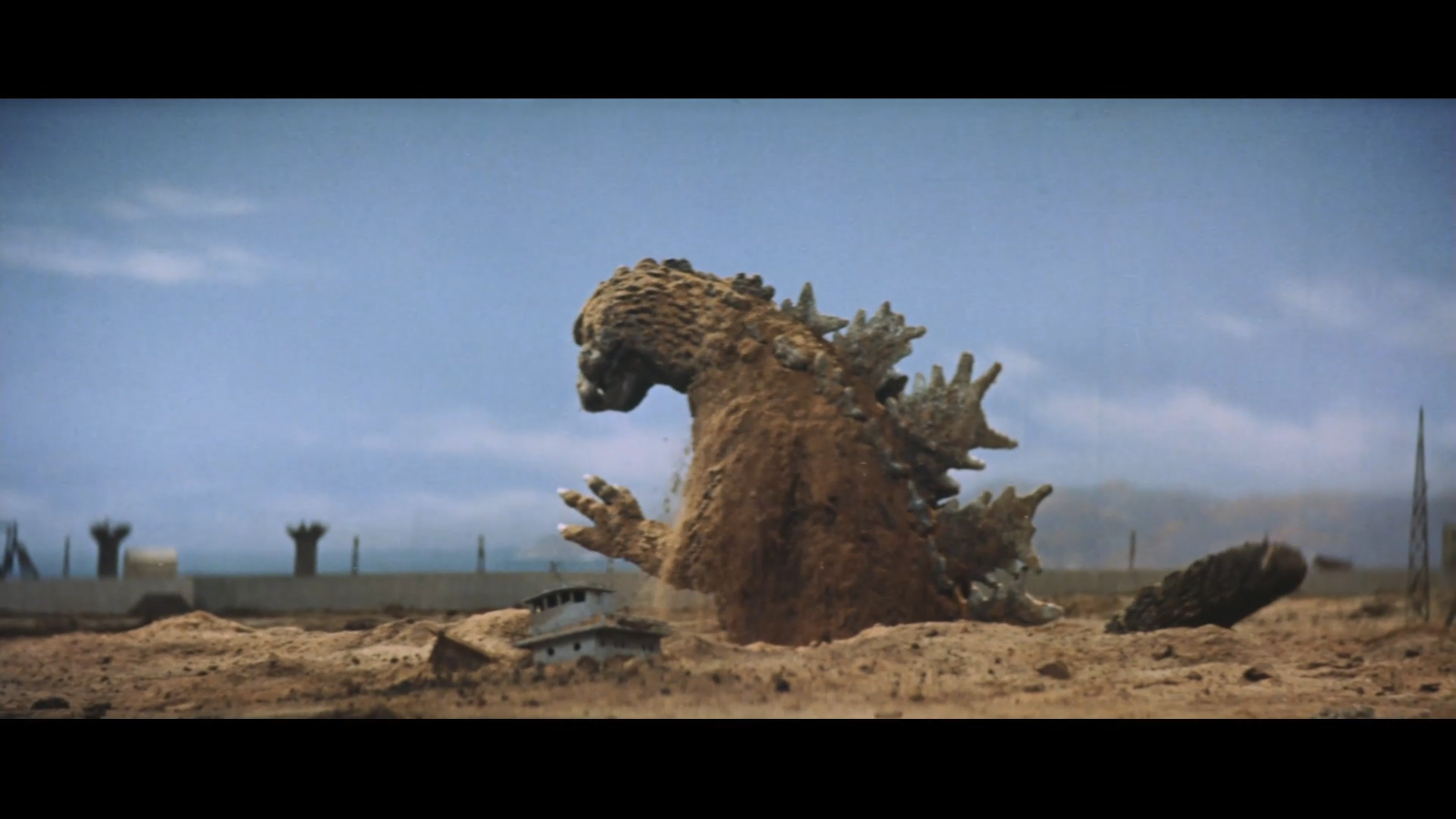
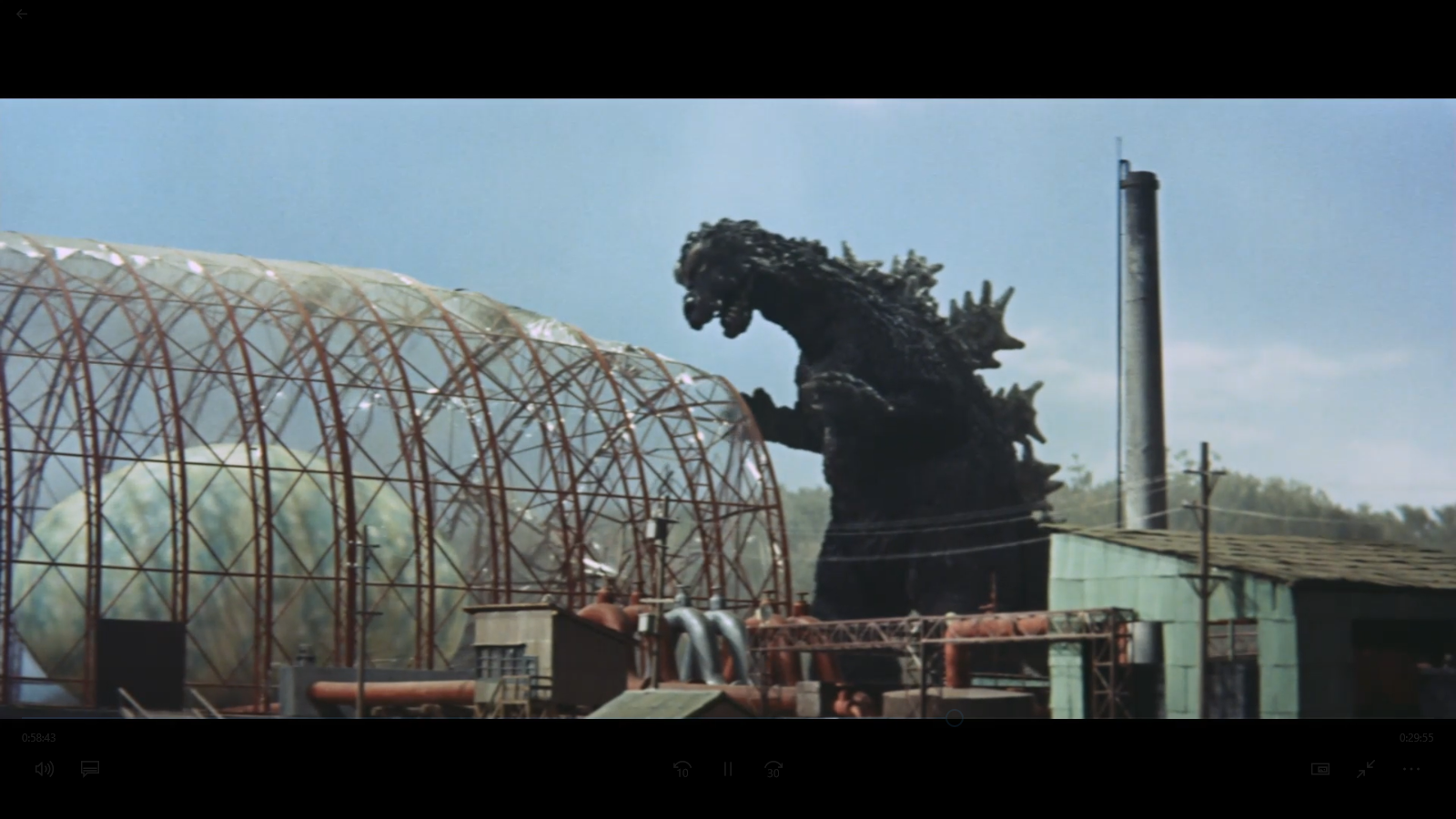
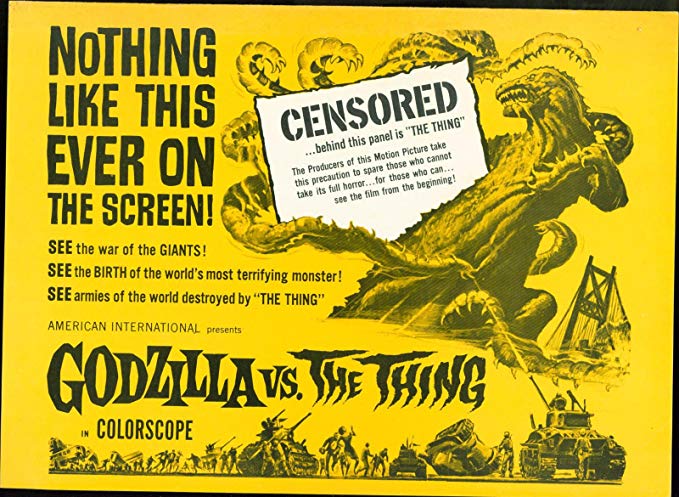
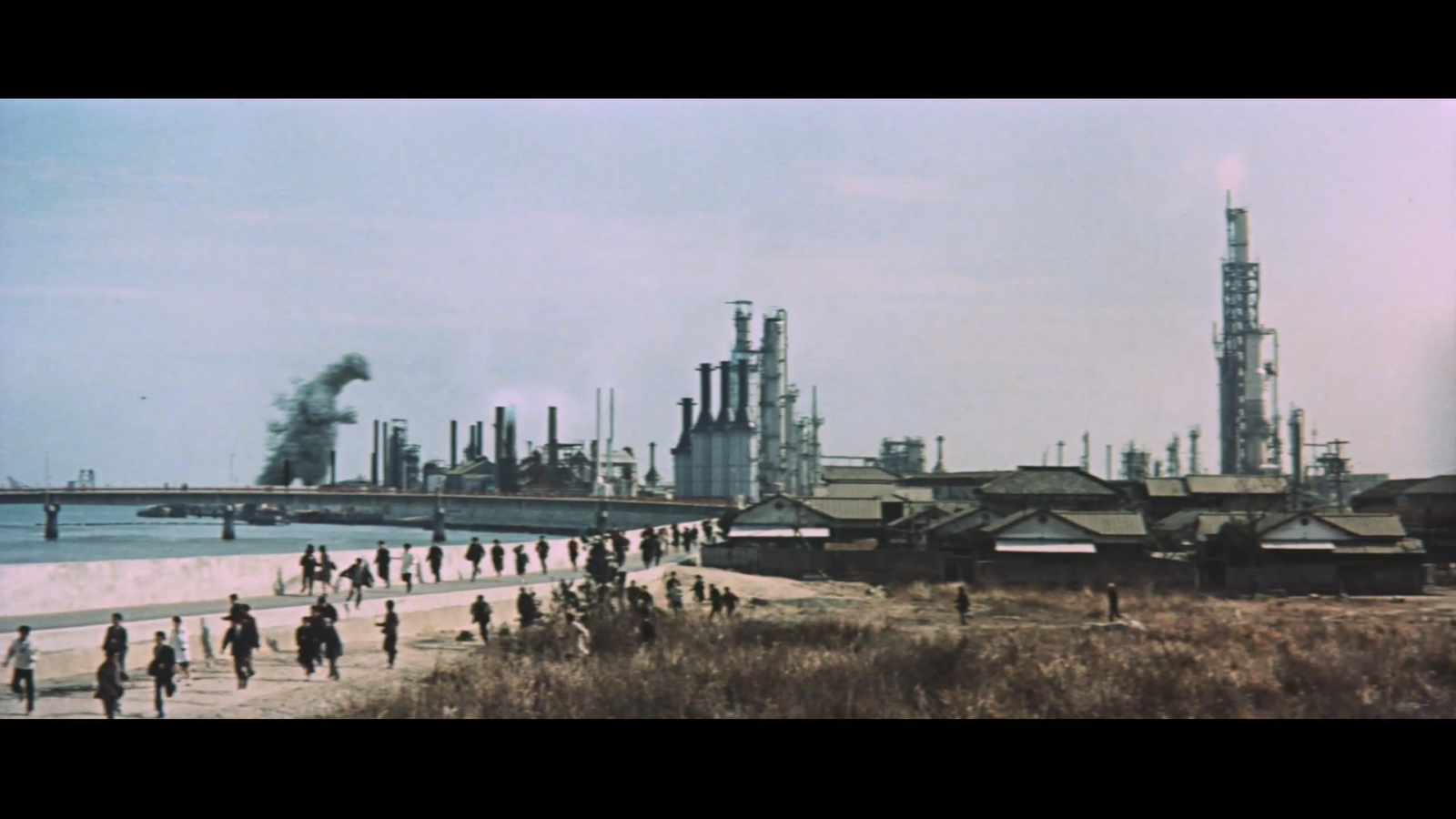
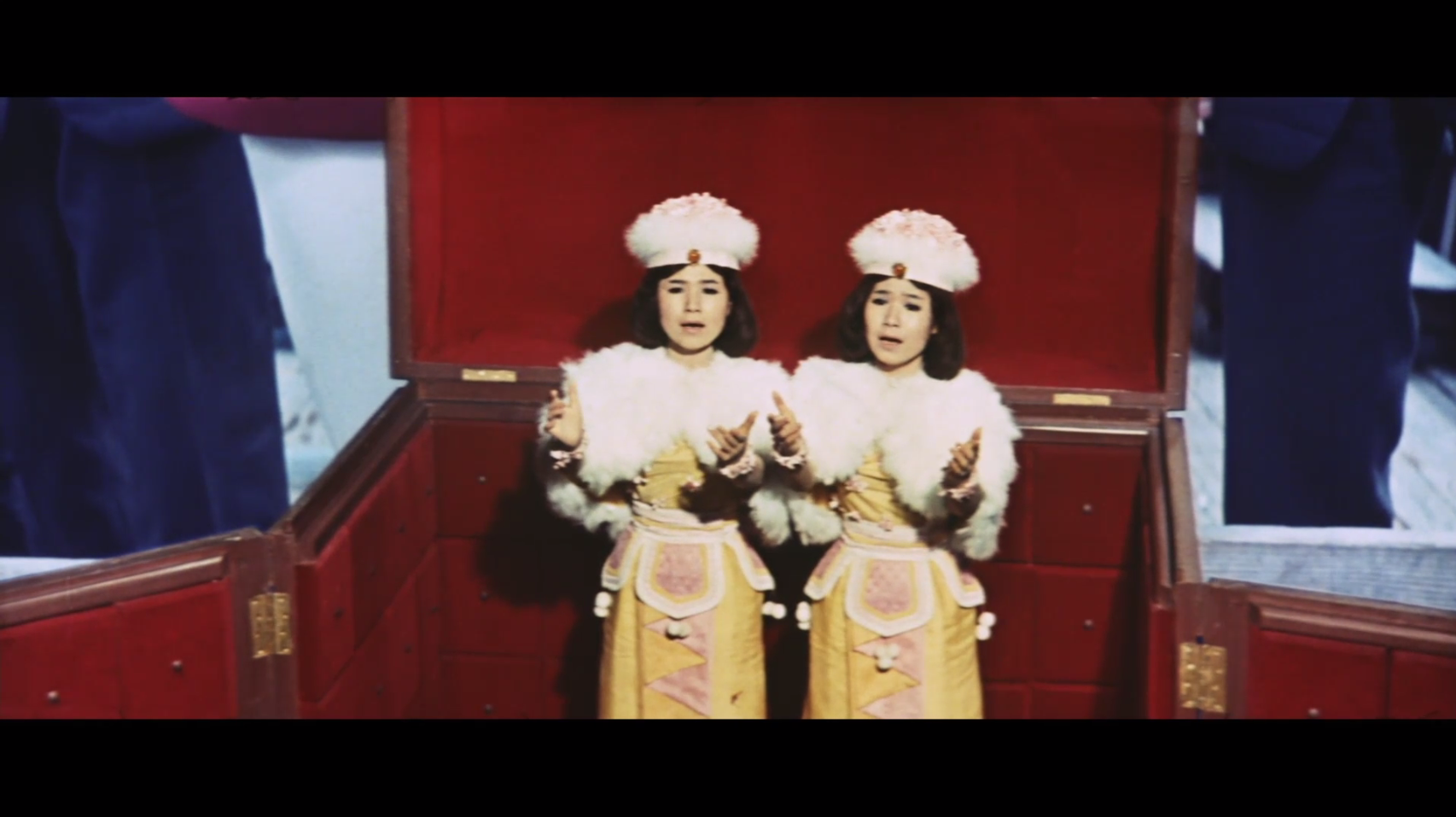
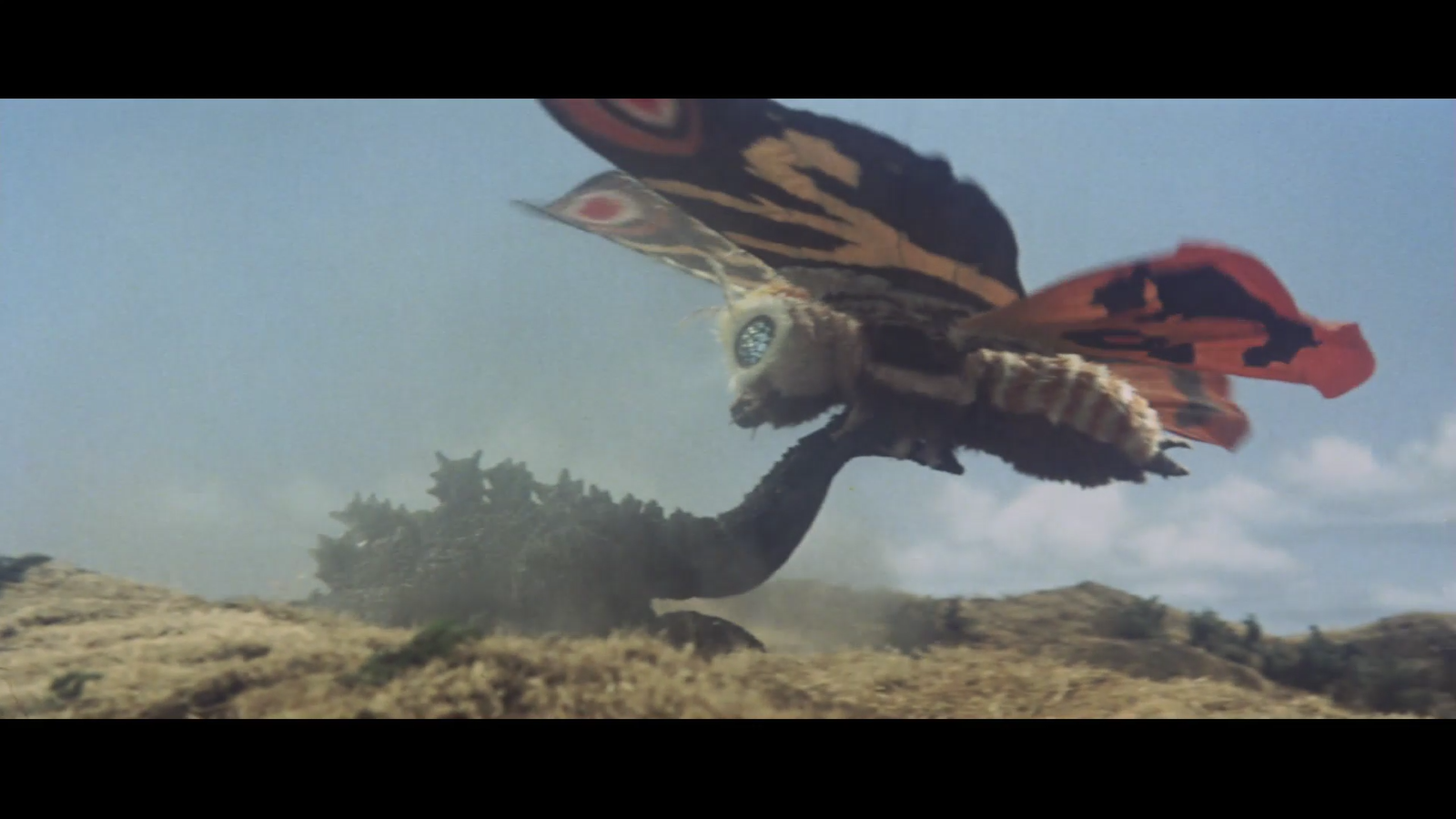
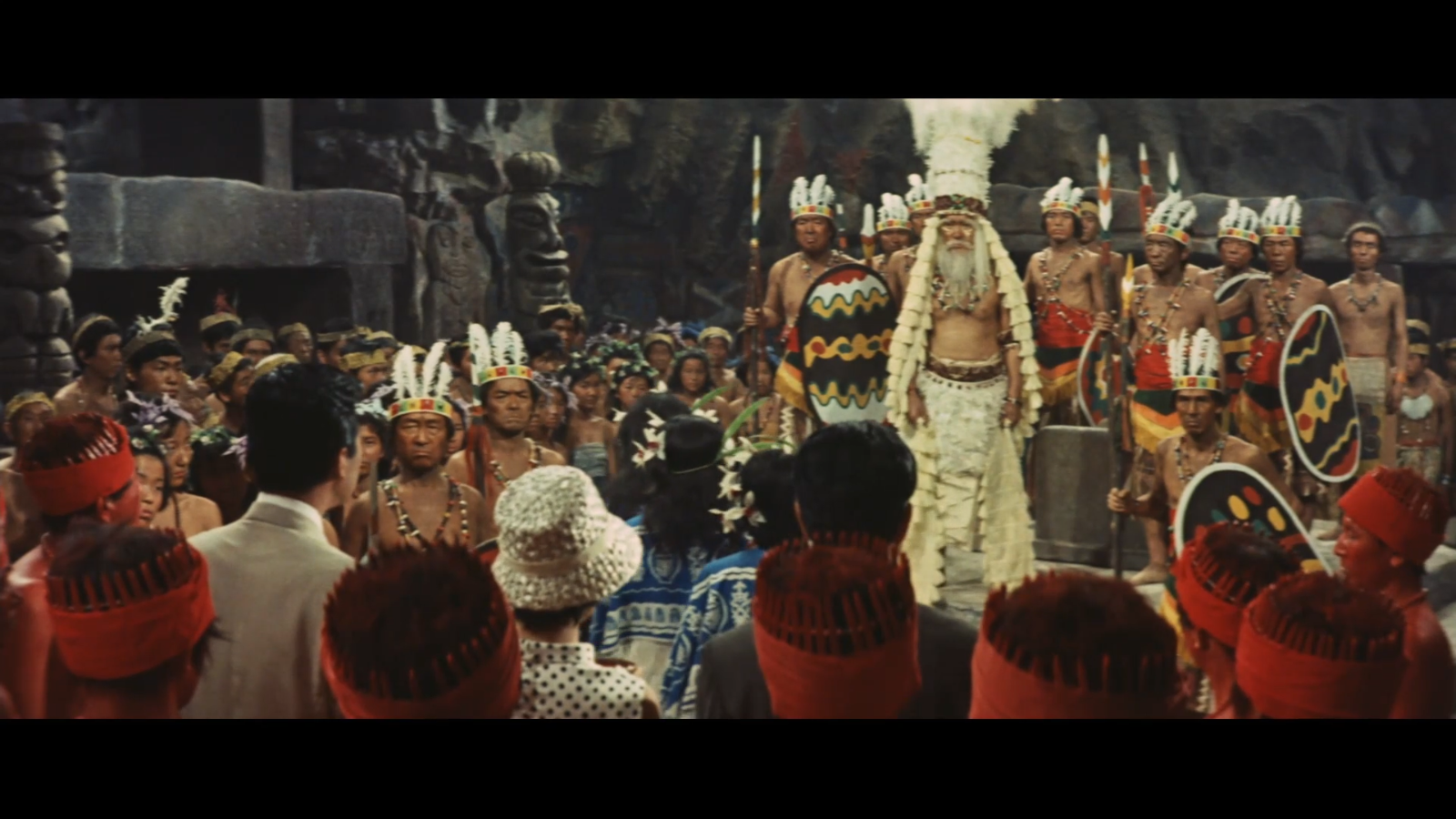
![[November 23, 1963 cont.] Give sorrow words](https://galacticjourney.org/wp-content/uploads/2018/11/631123grief2-672x372.jpg)


![[September 19, 1963] Out of Sight (<i>The Man with the X-Ray Eyes</i>)](https://galacticjourney.org/wp-content/uploads/2018/09/630919title.png)
